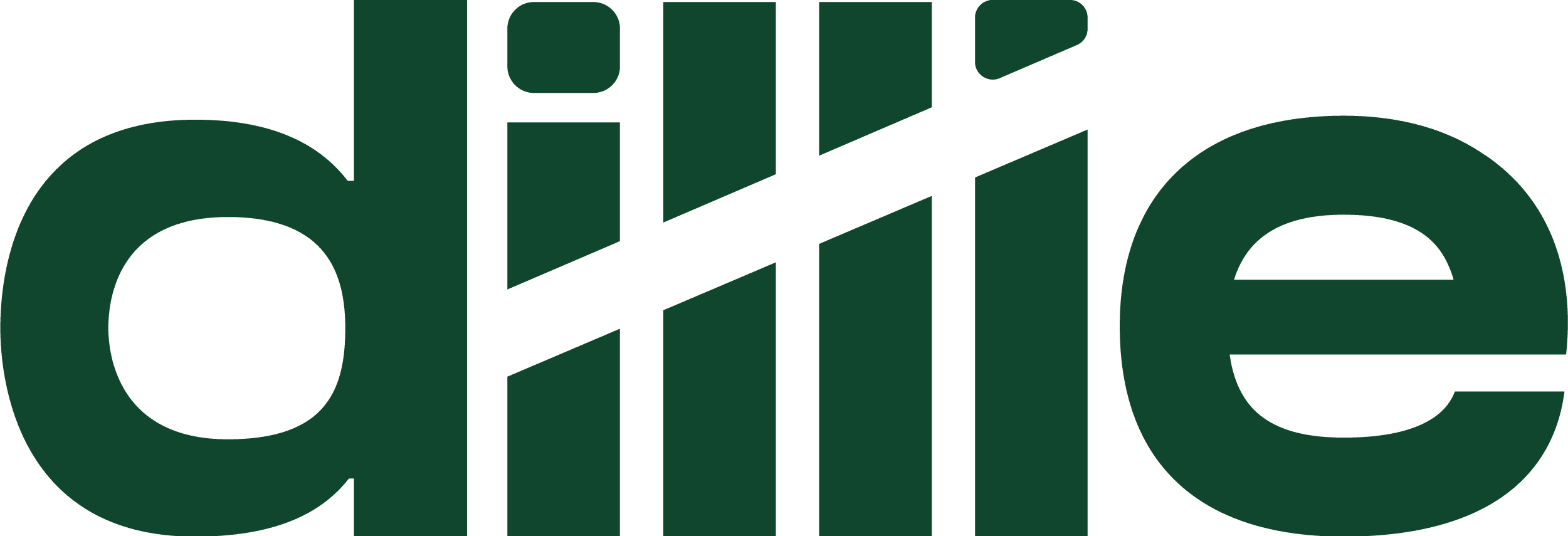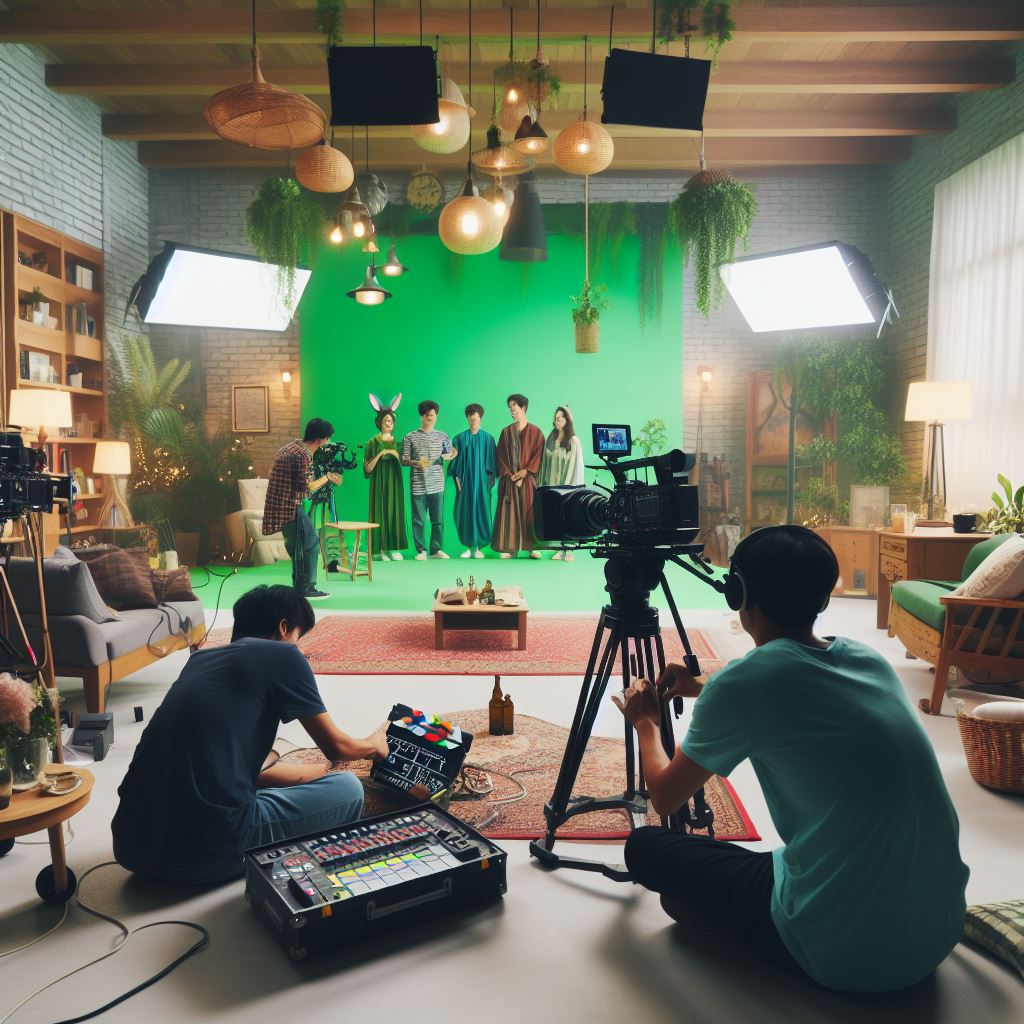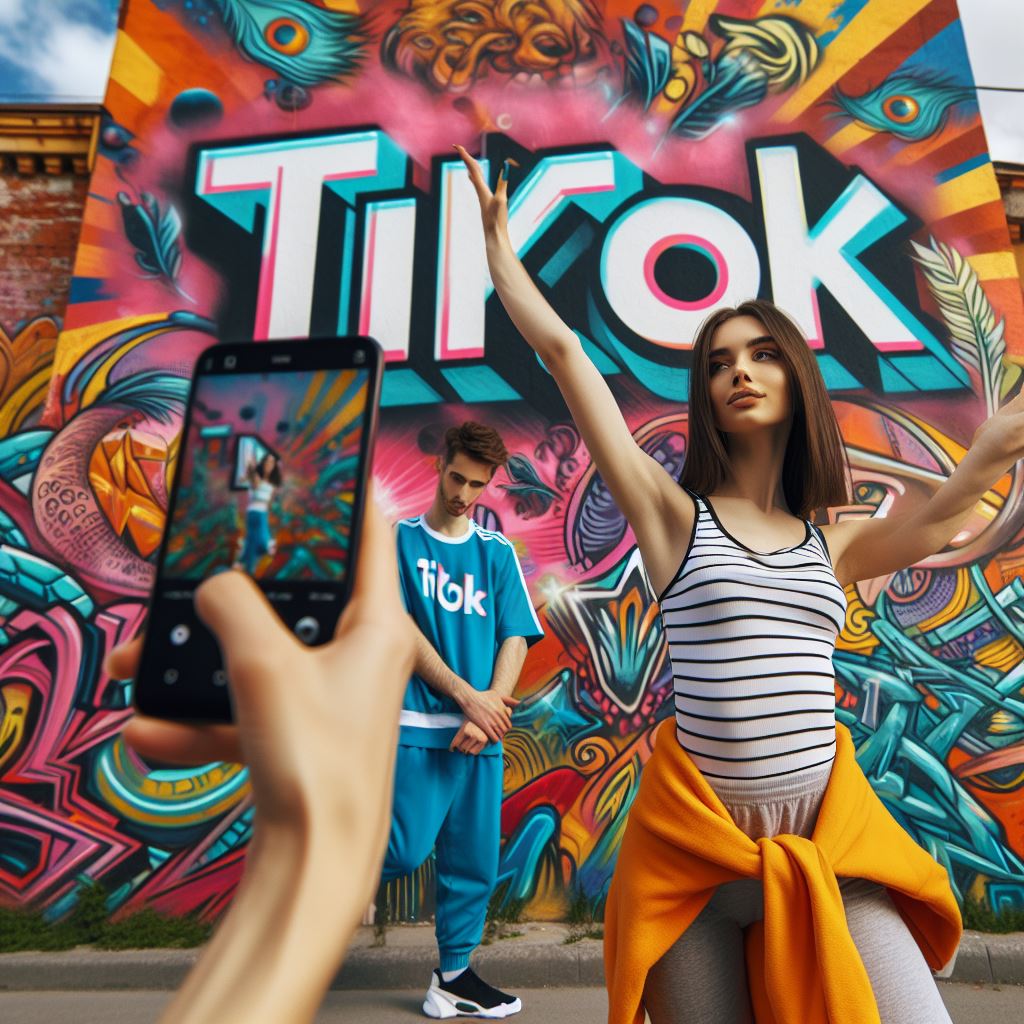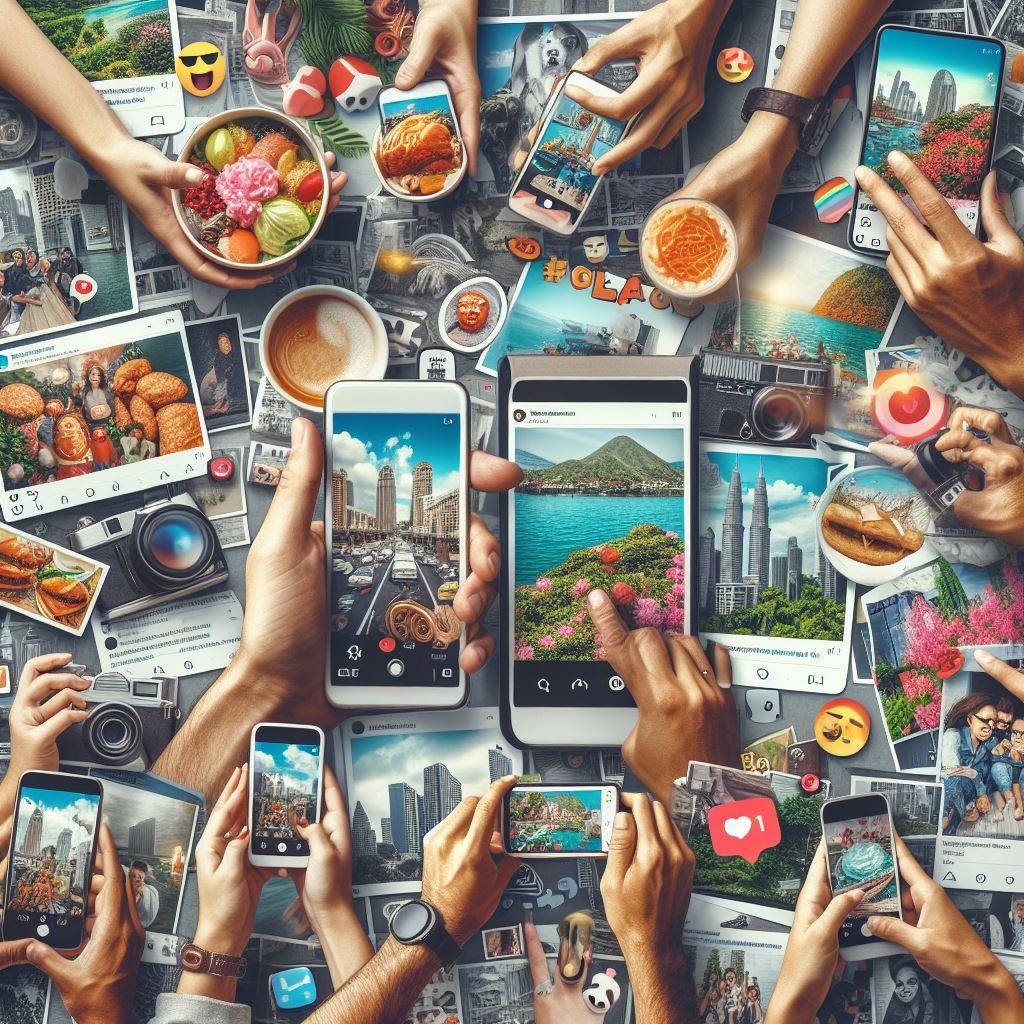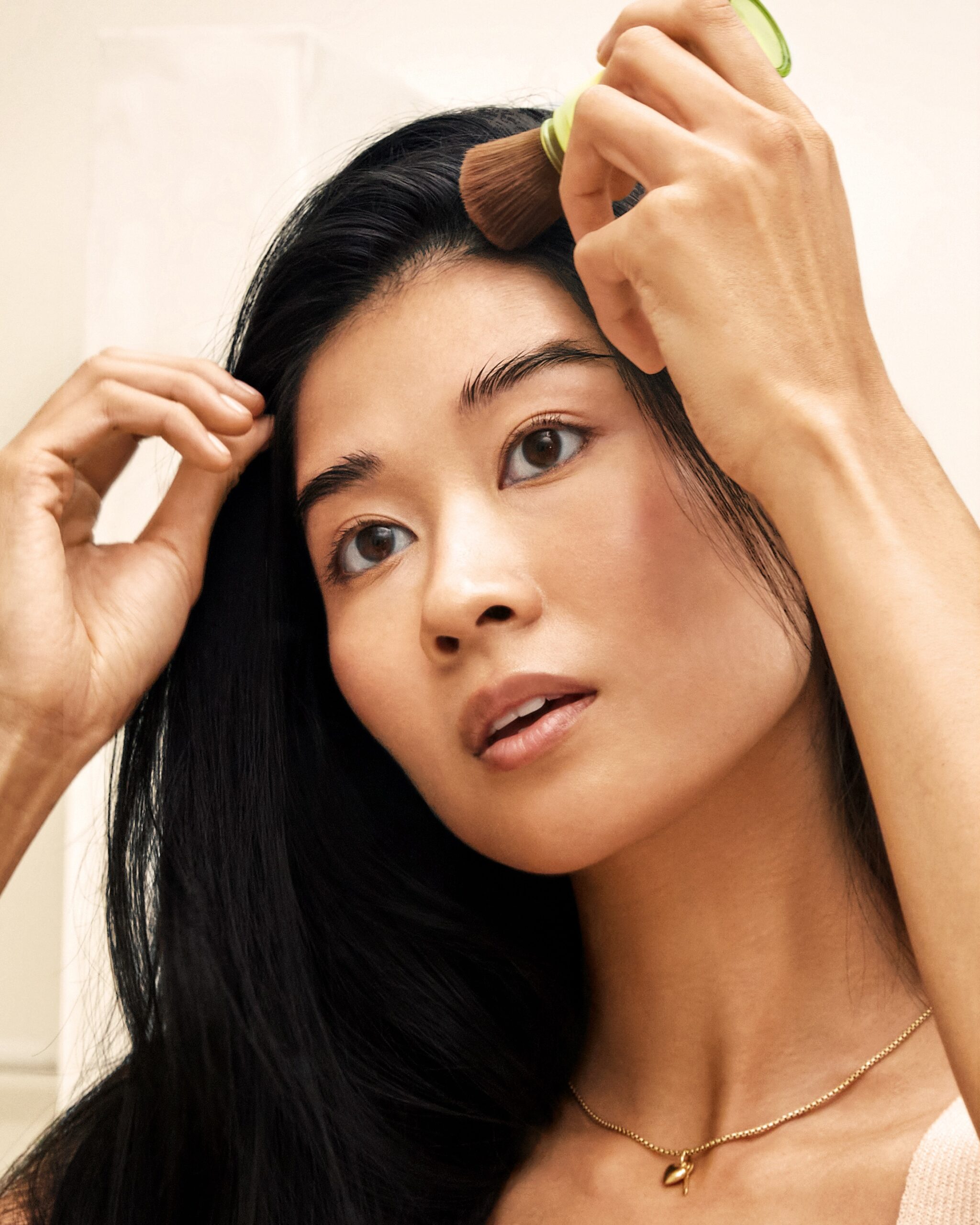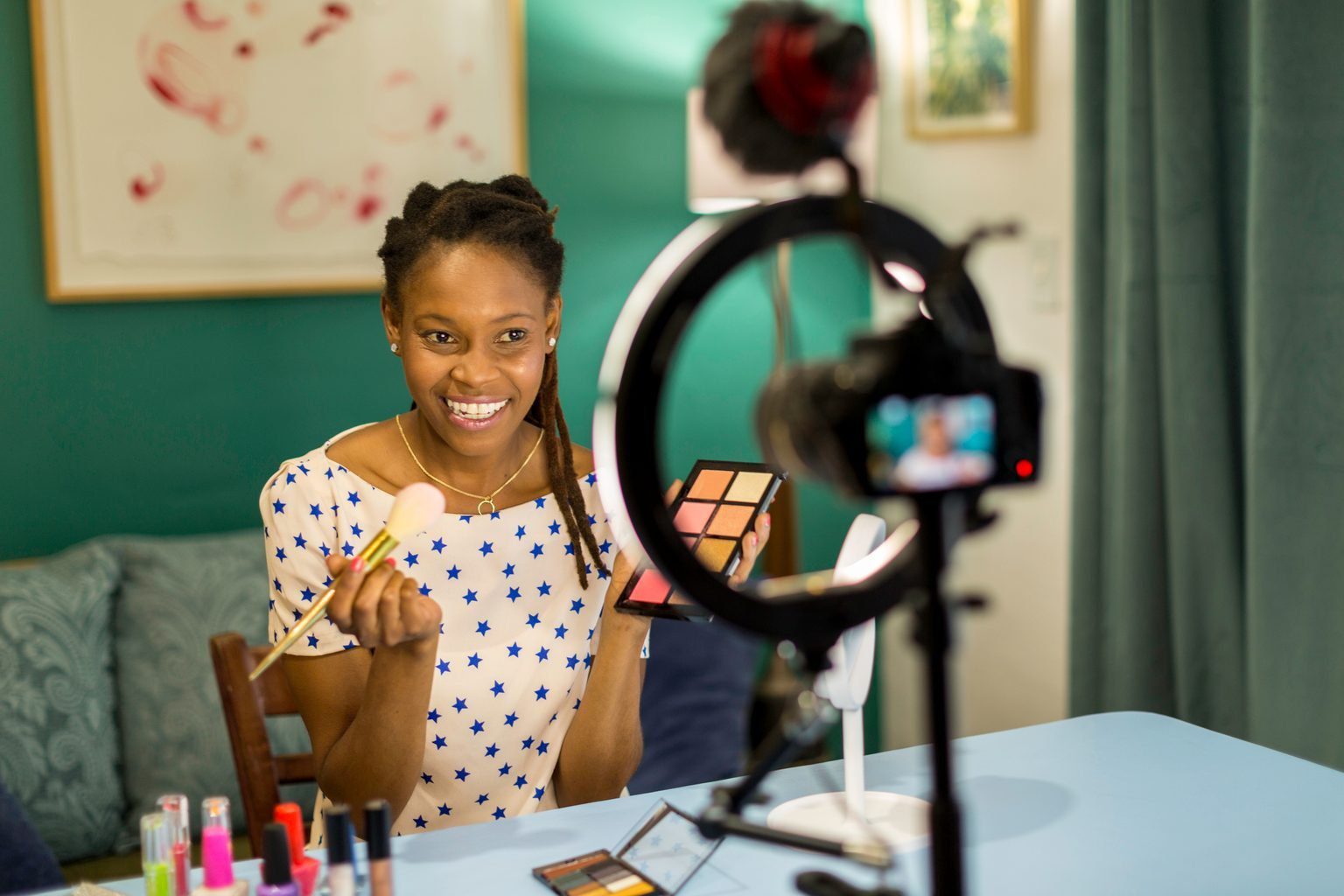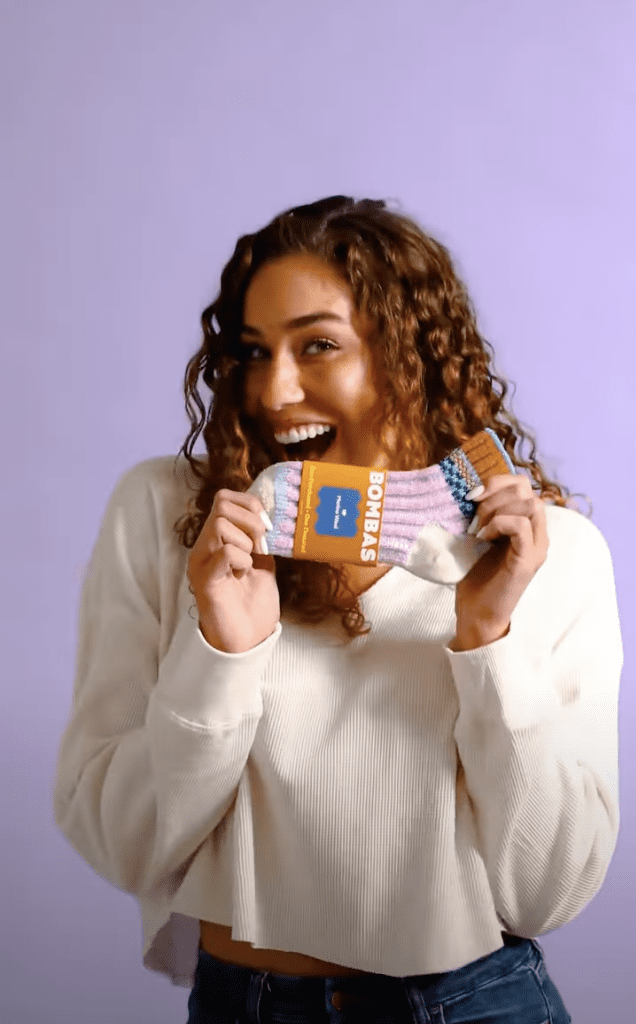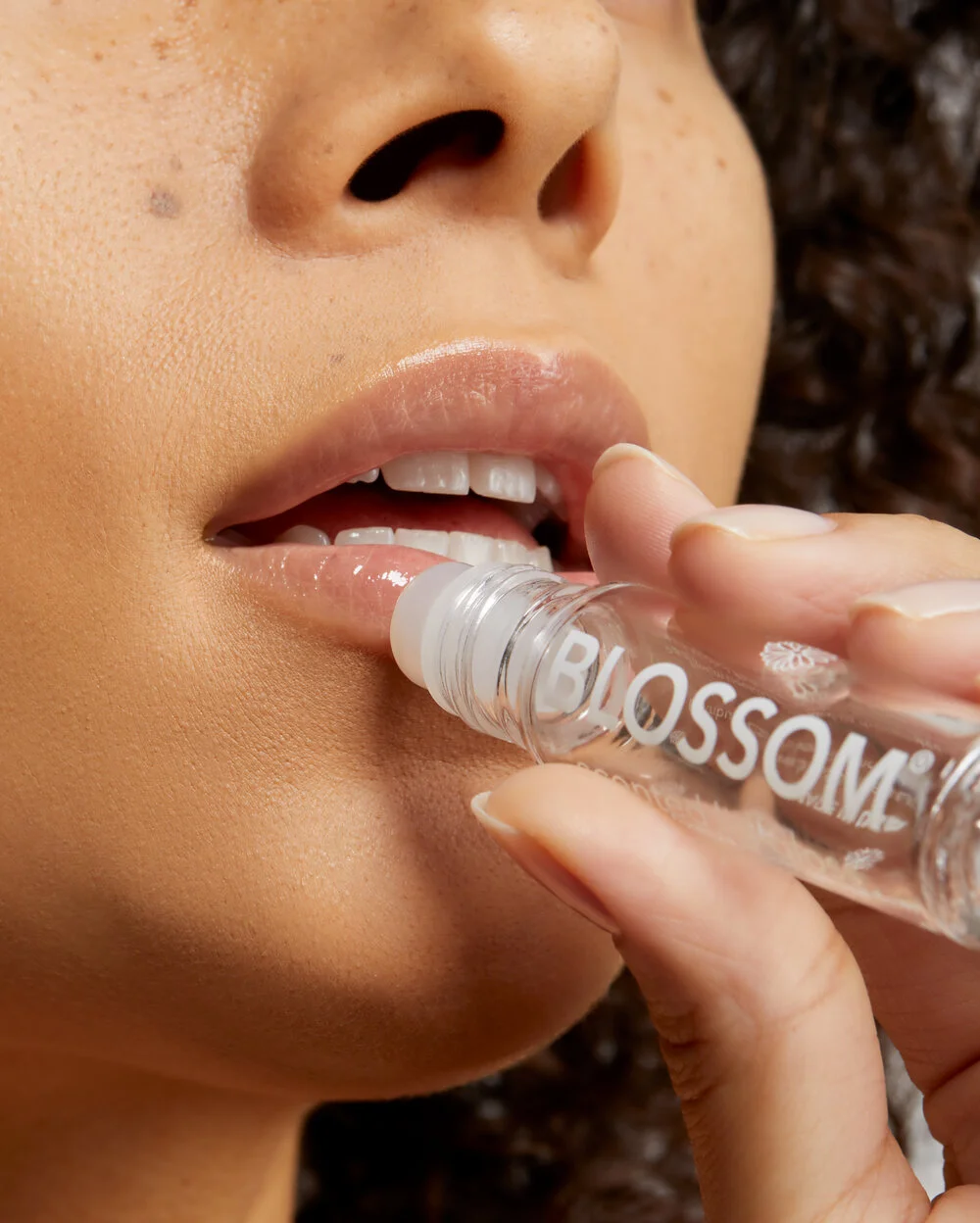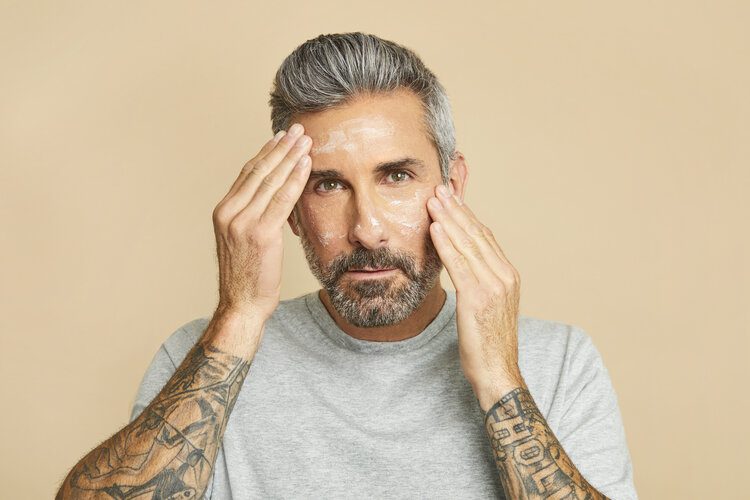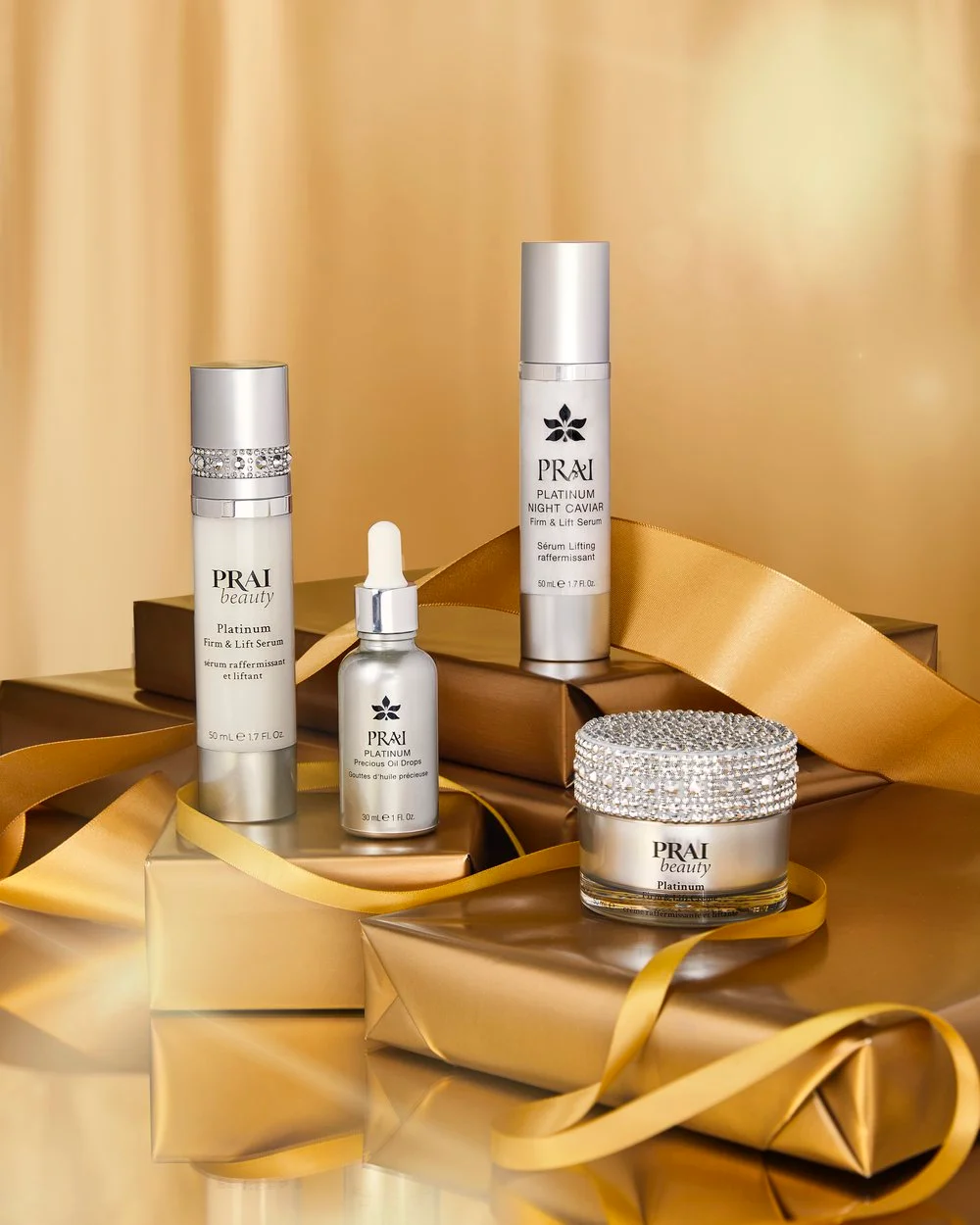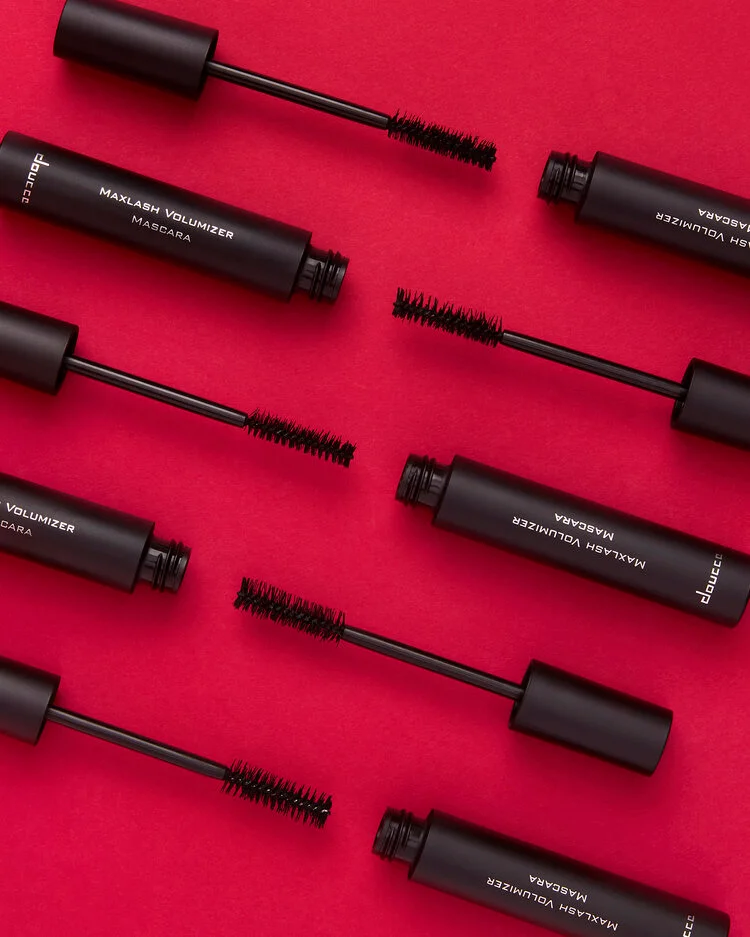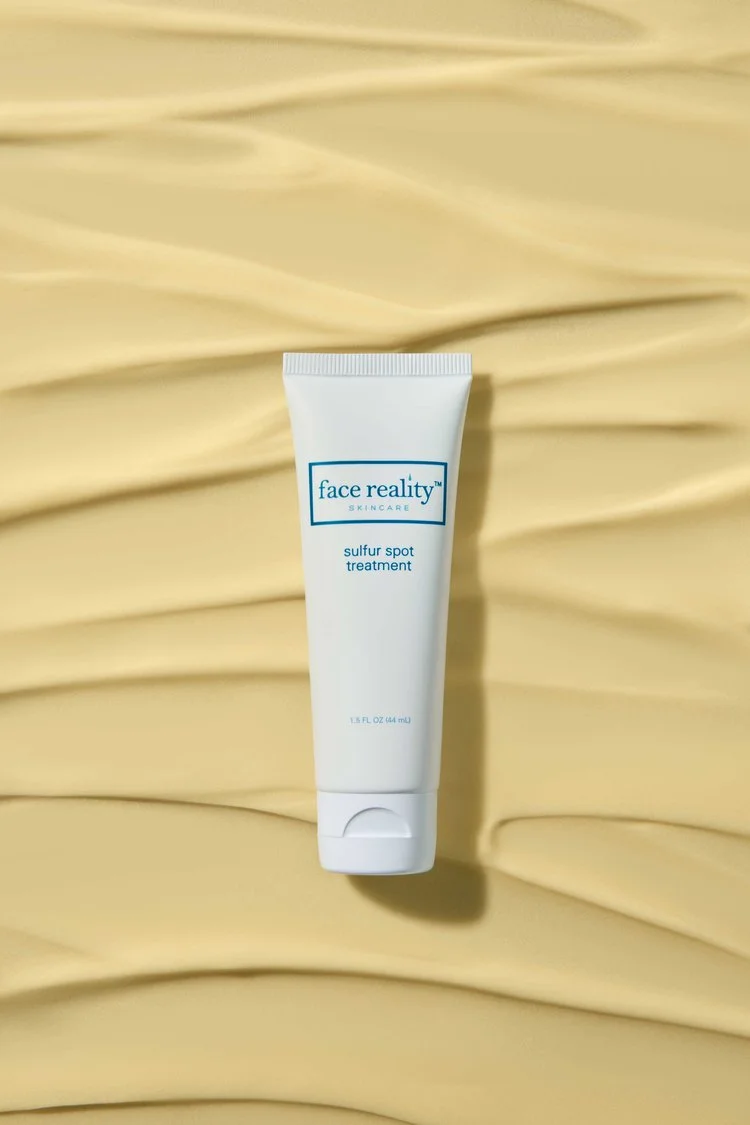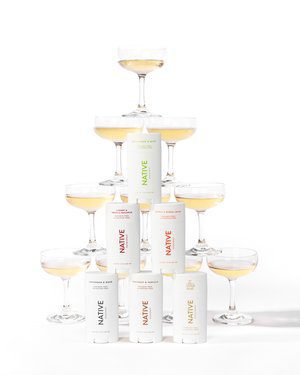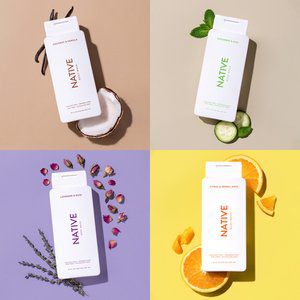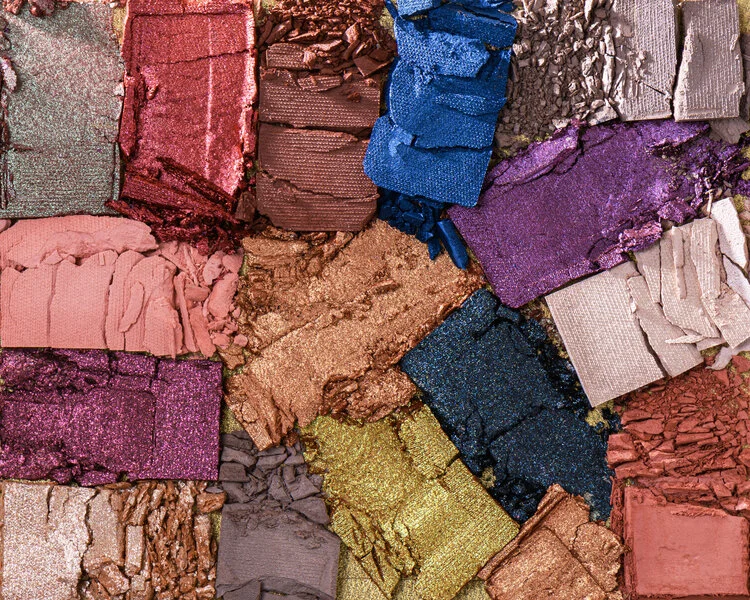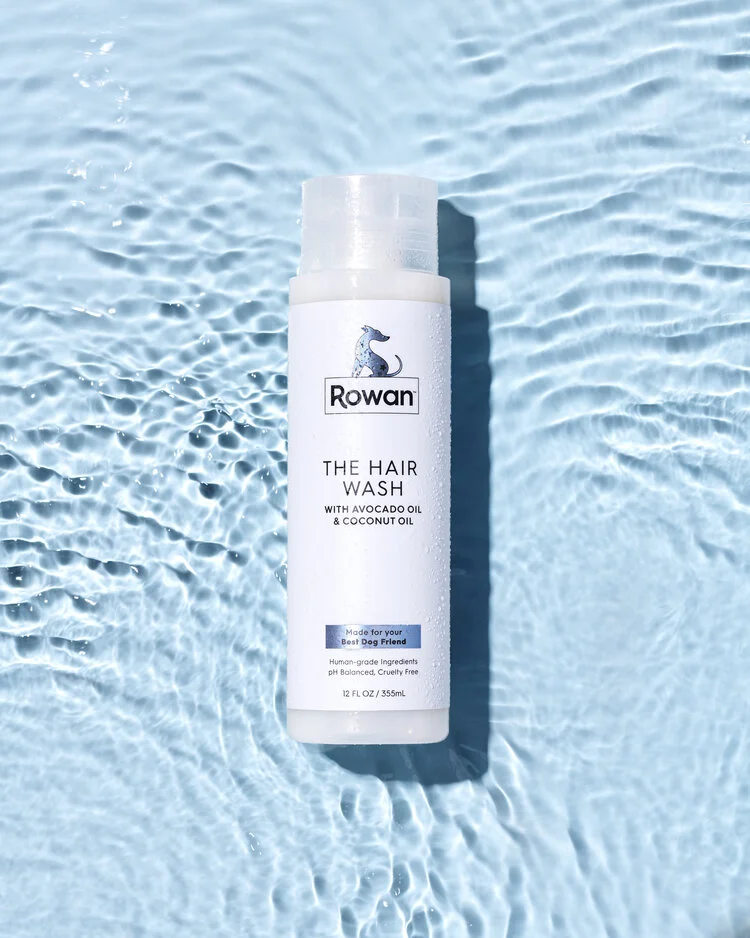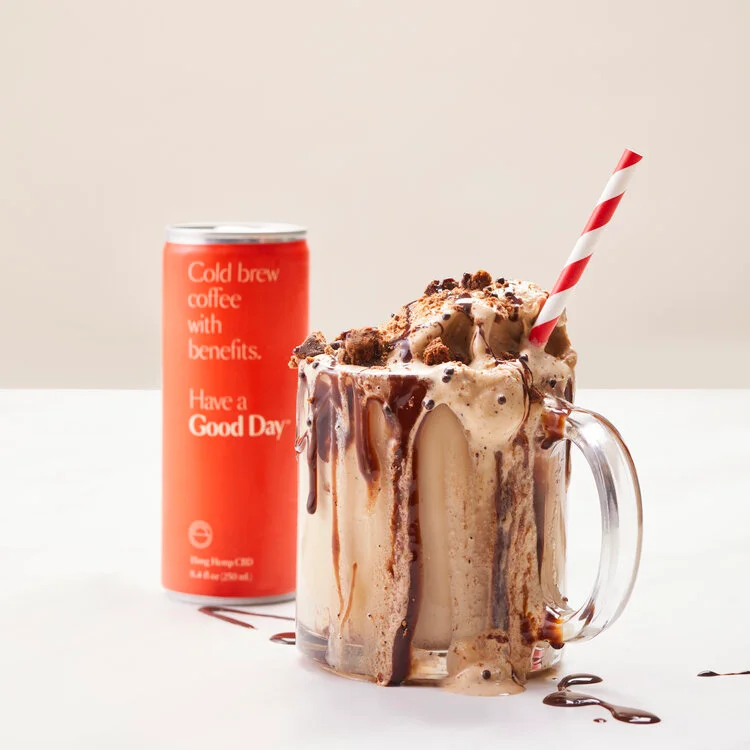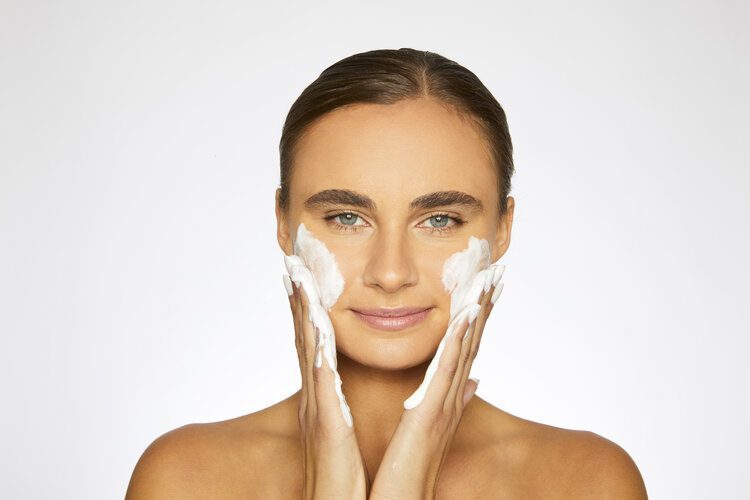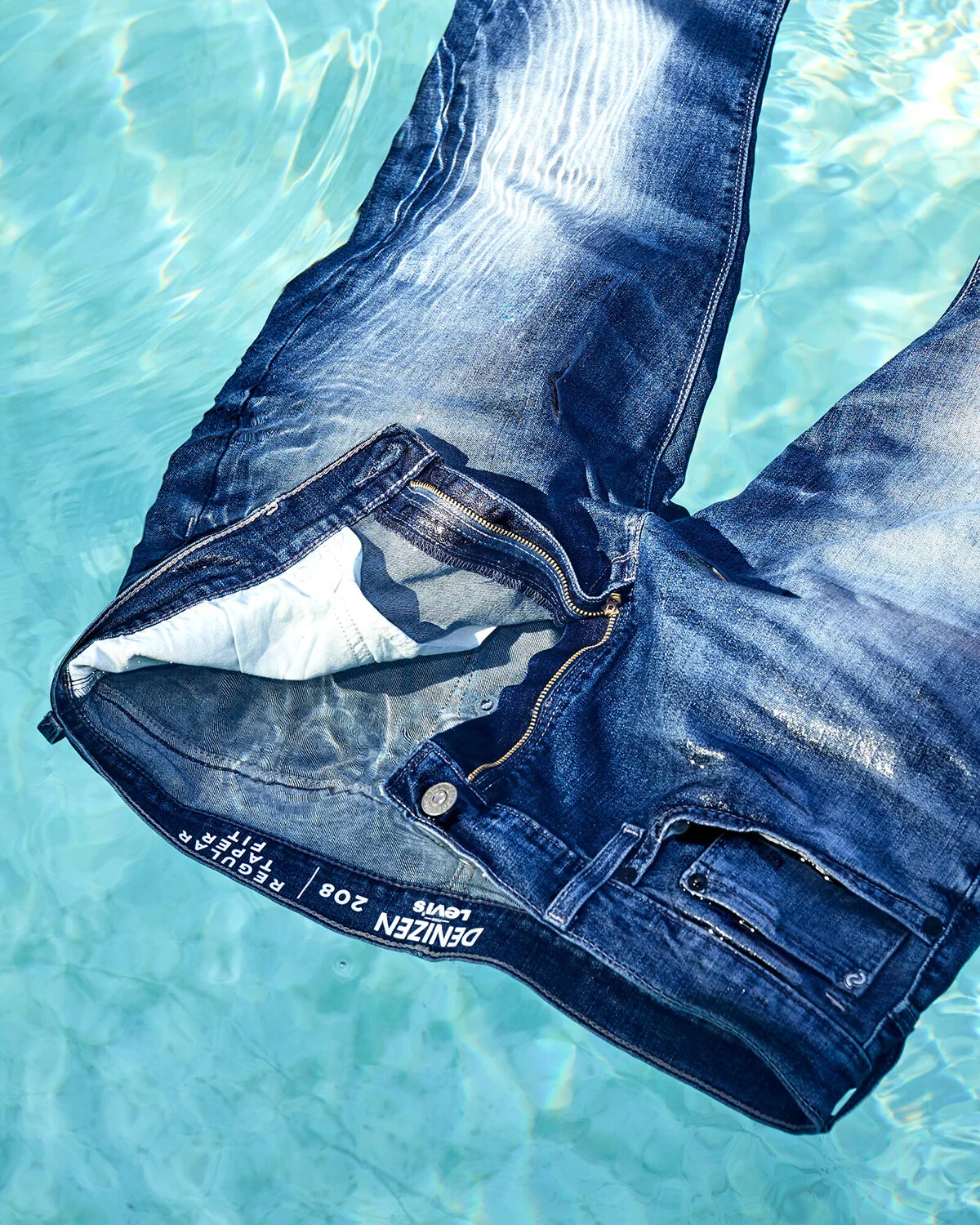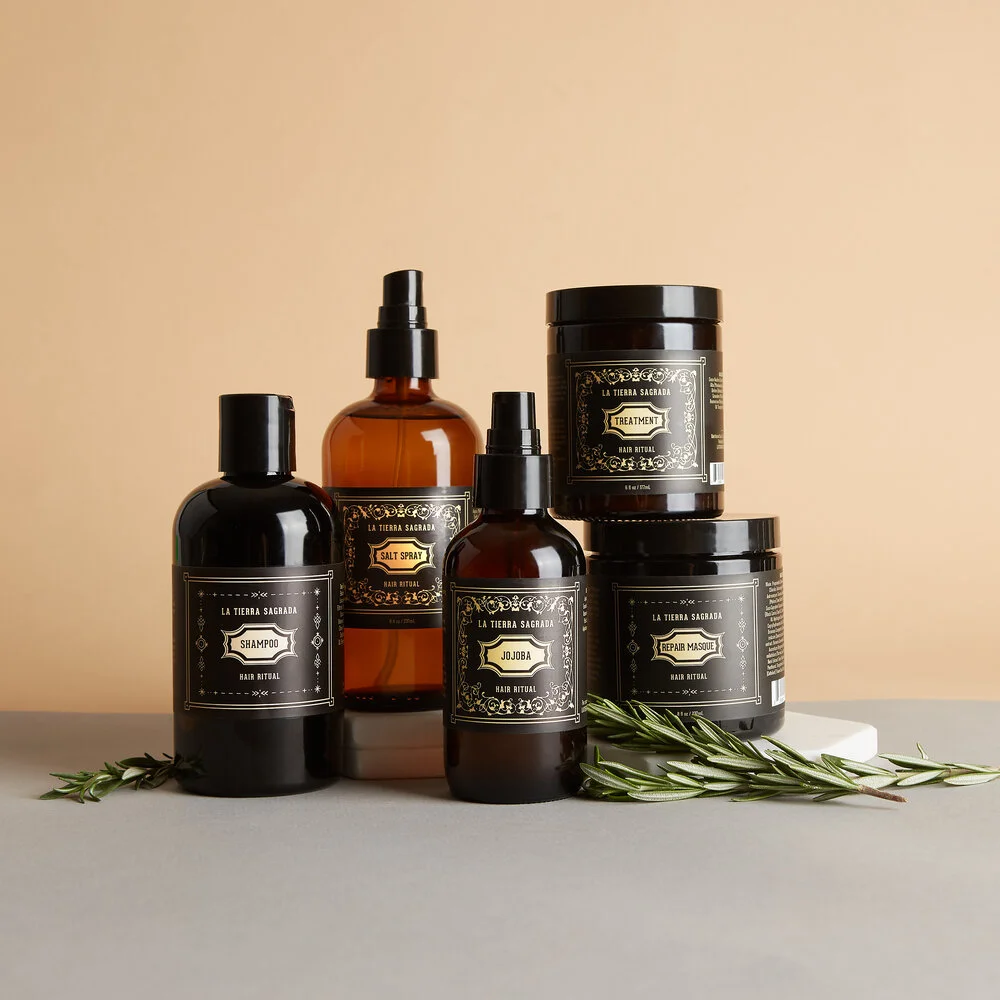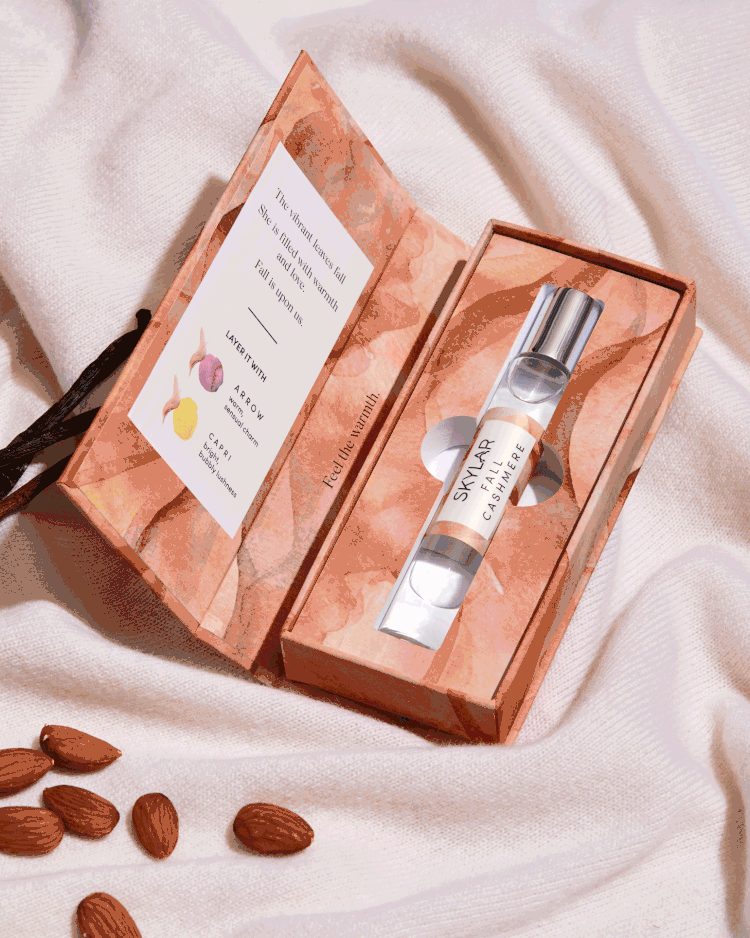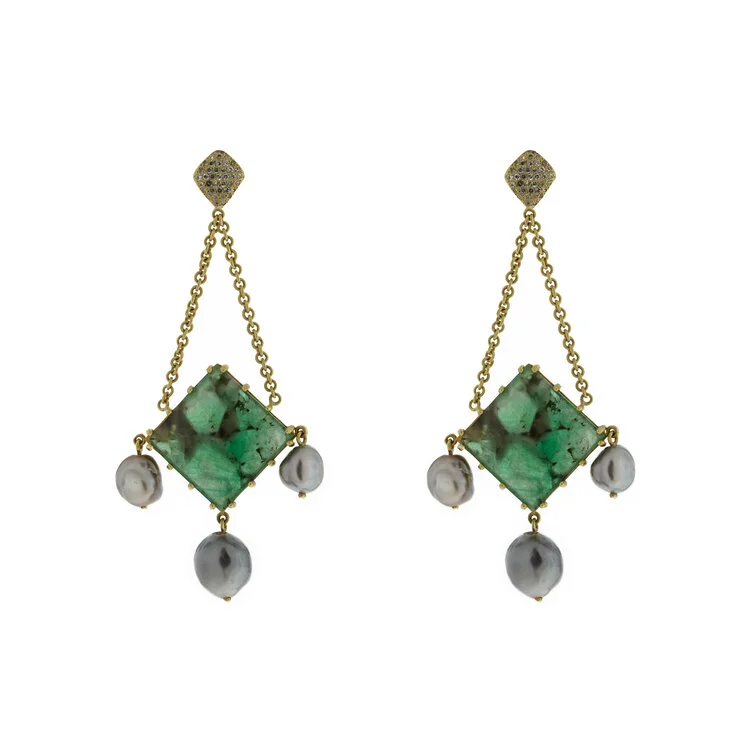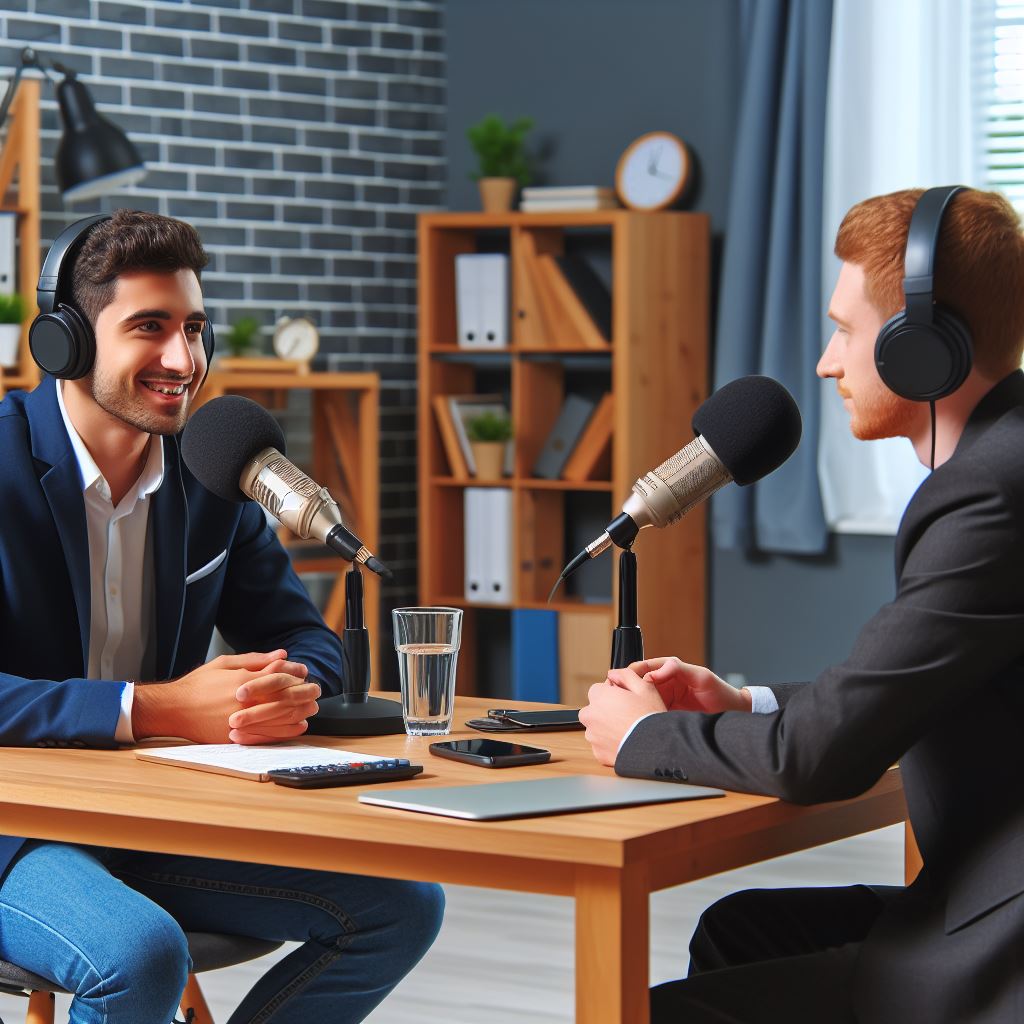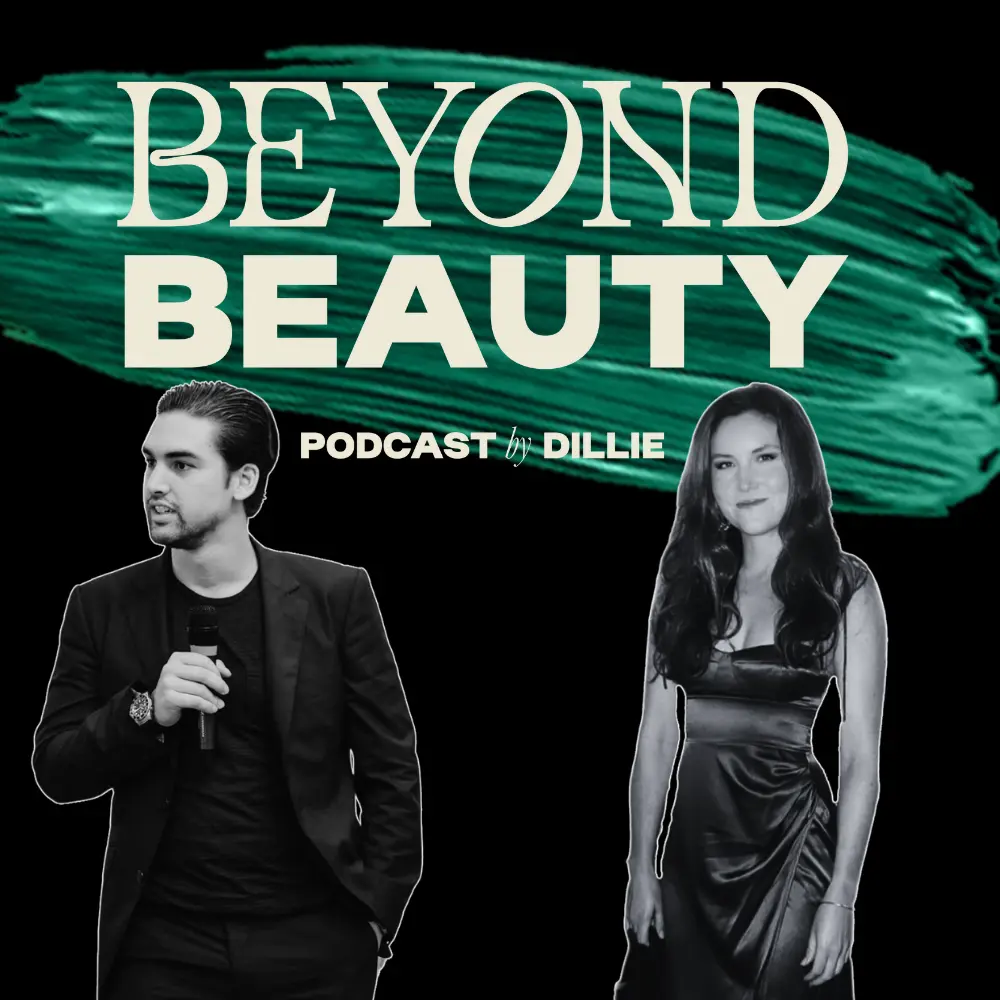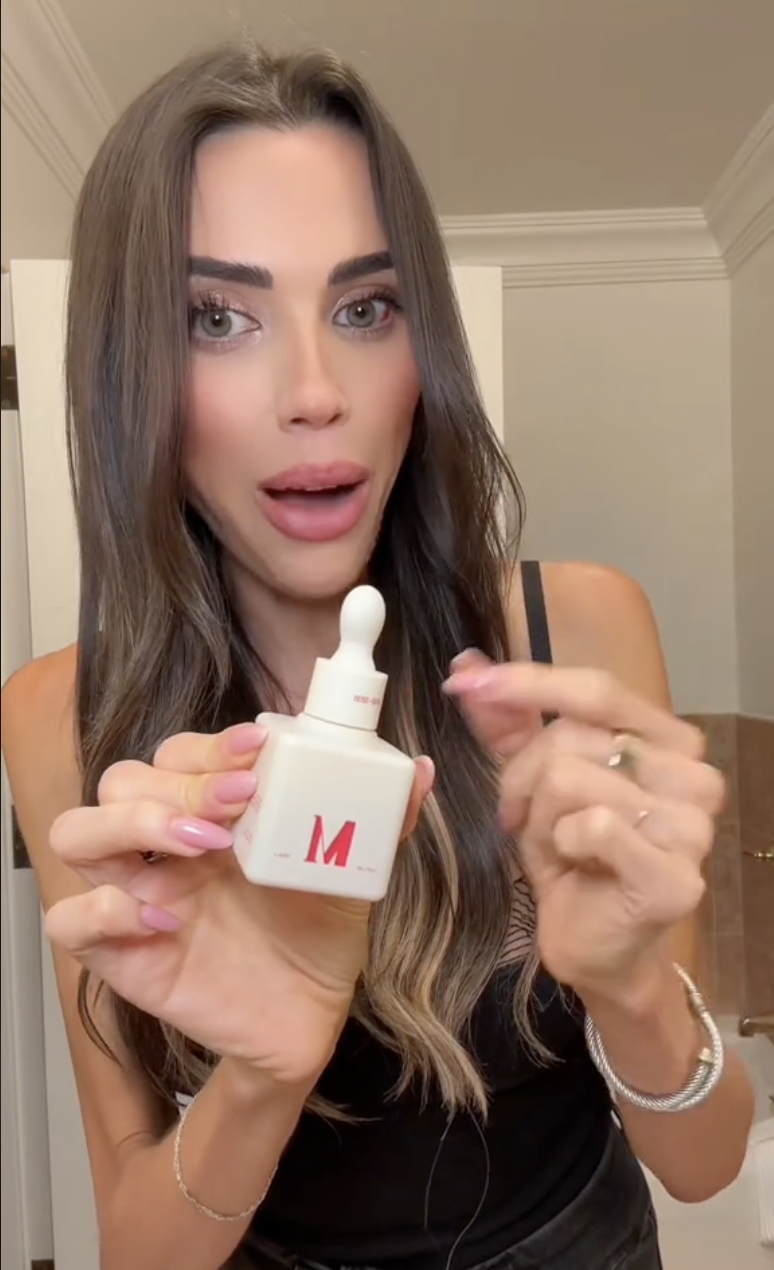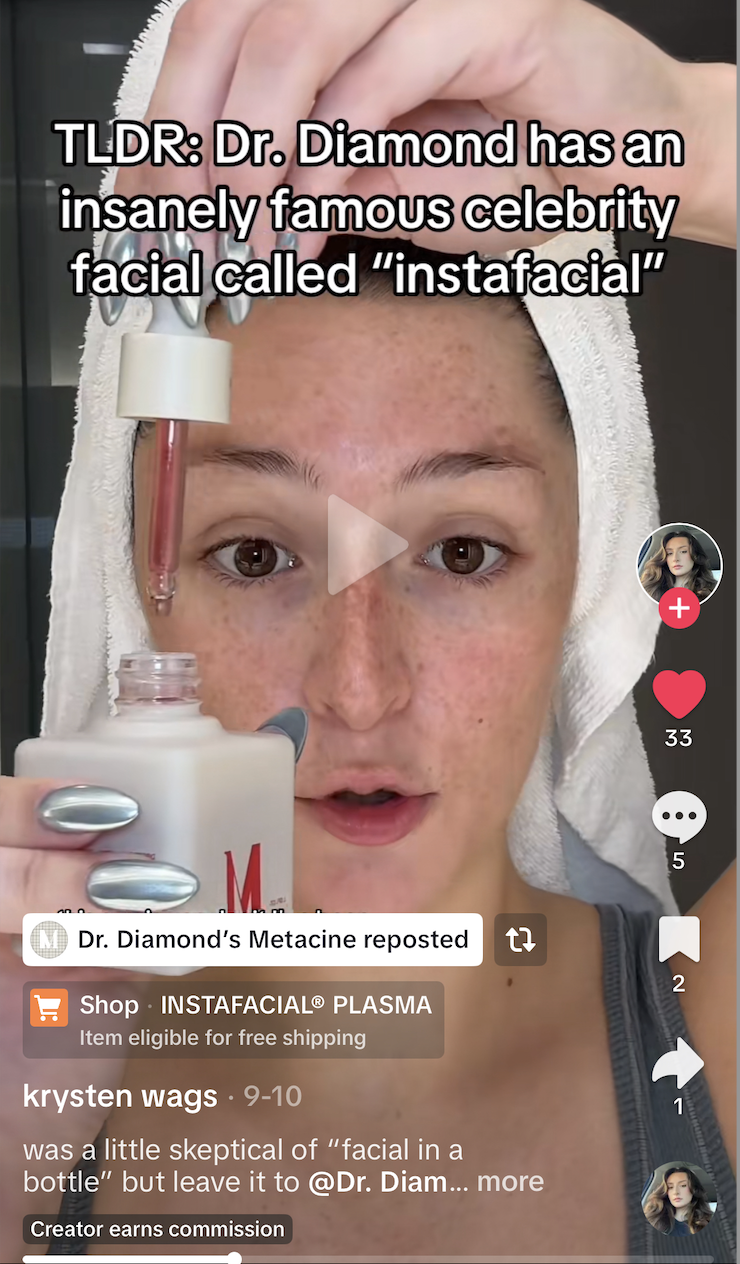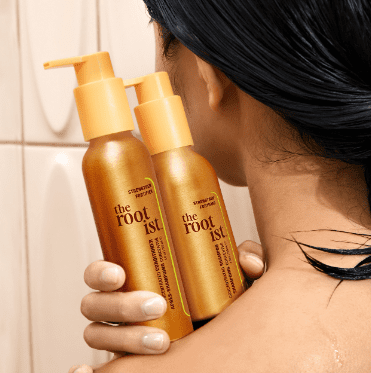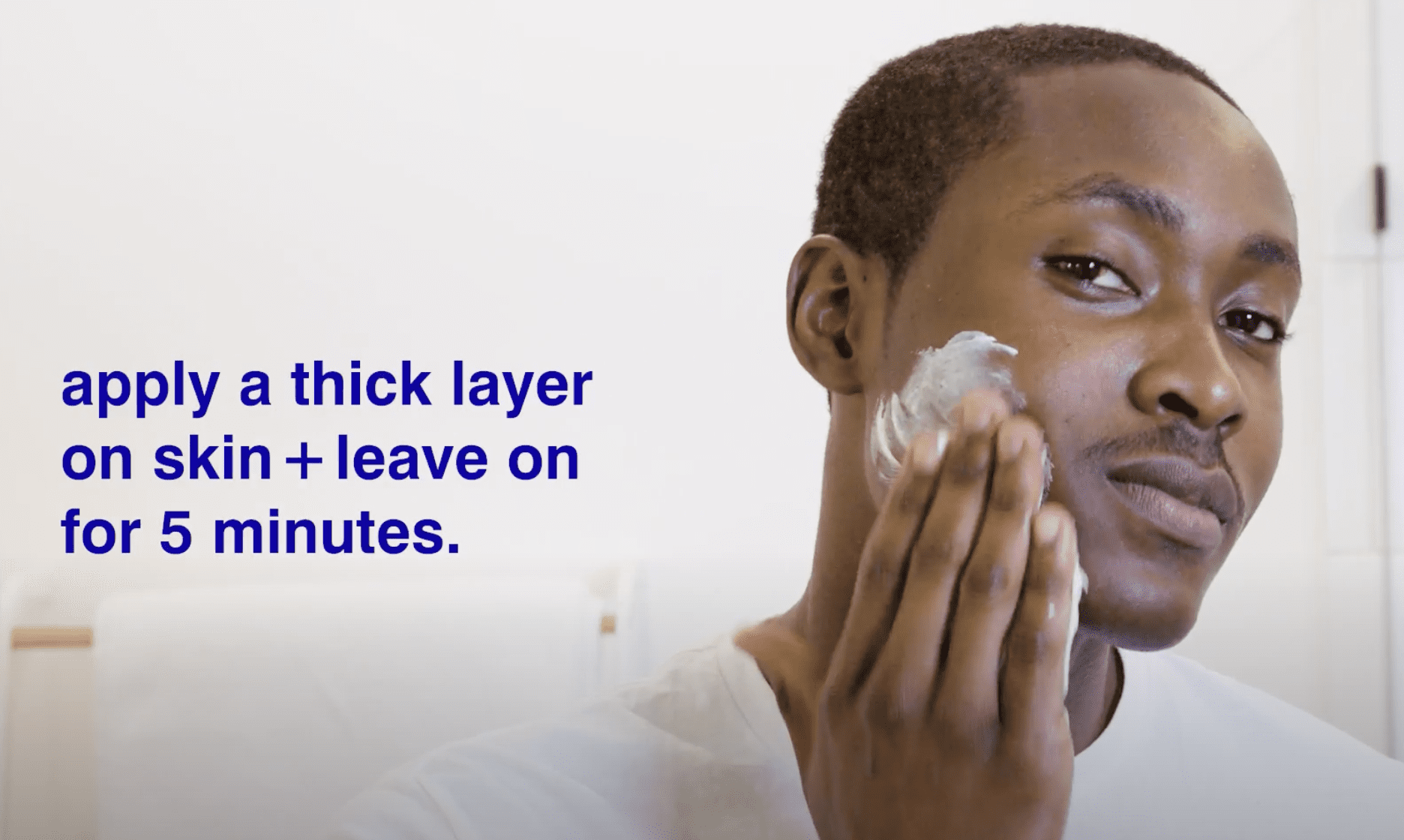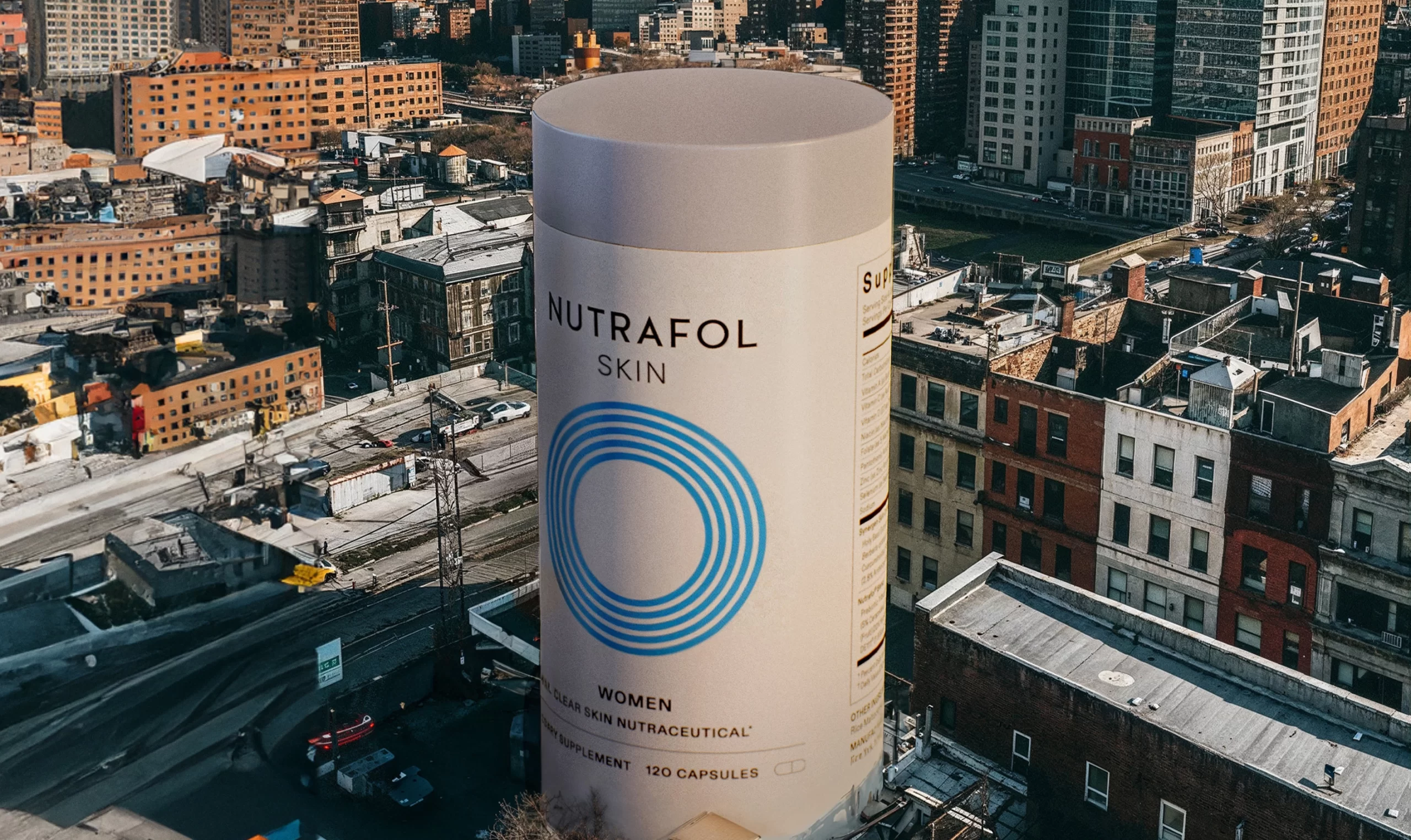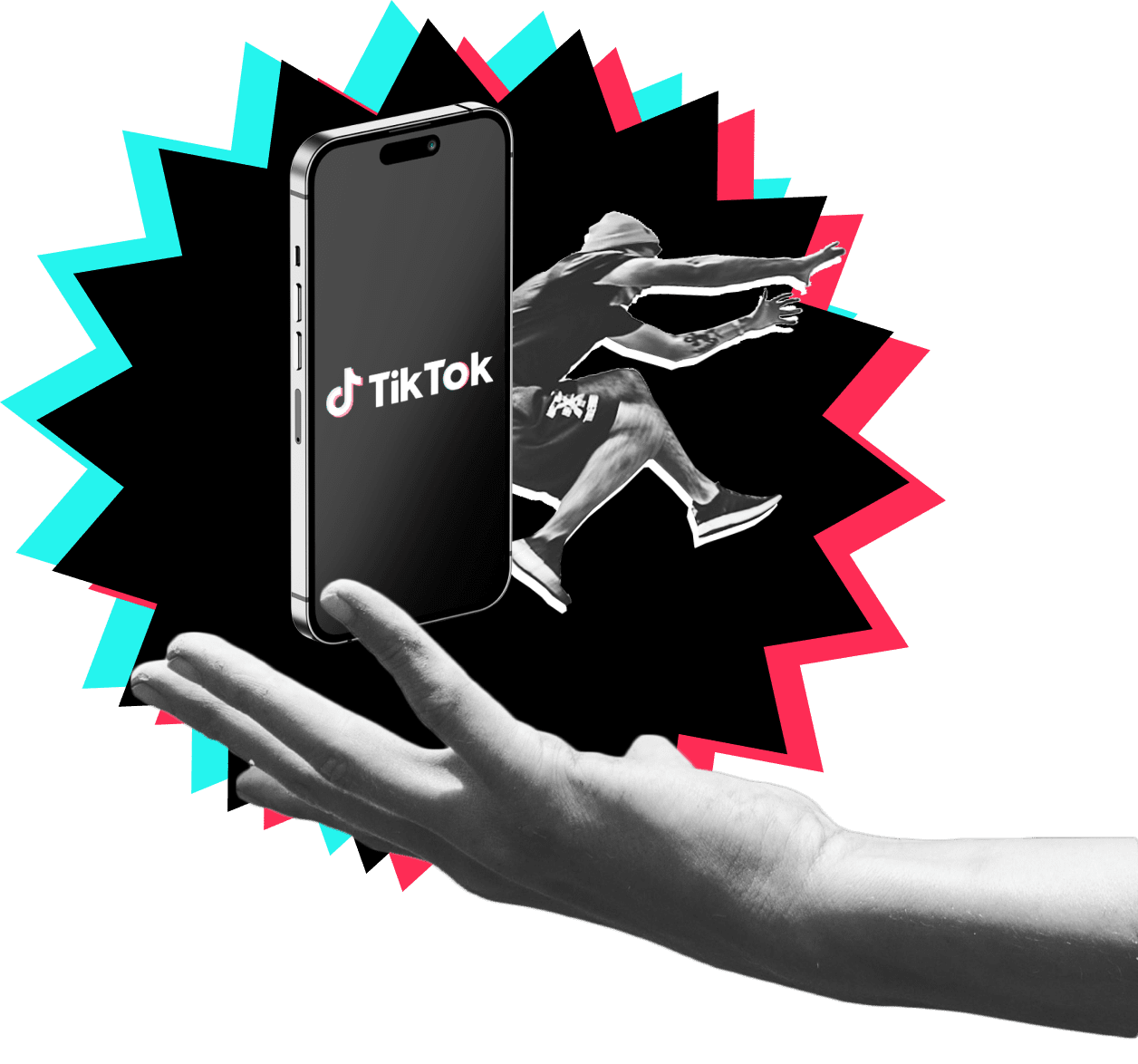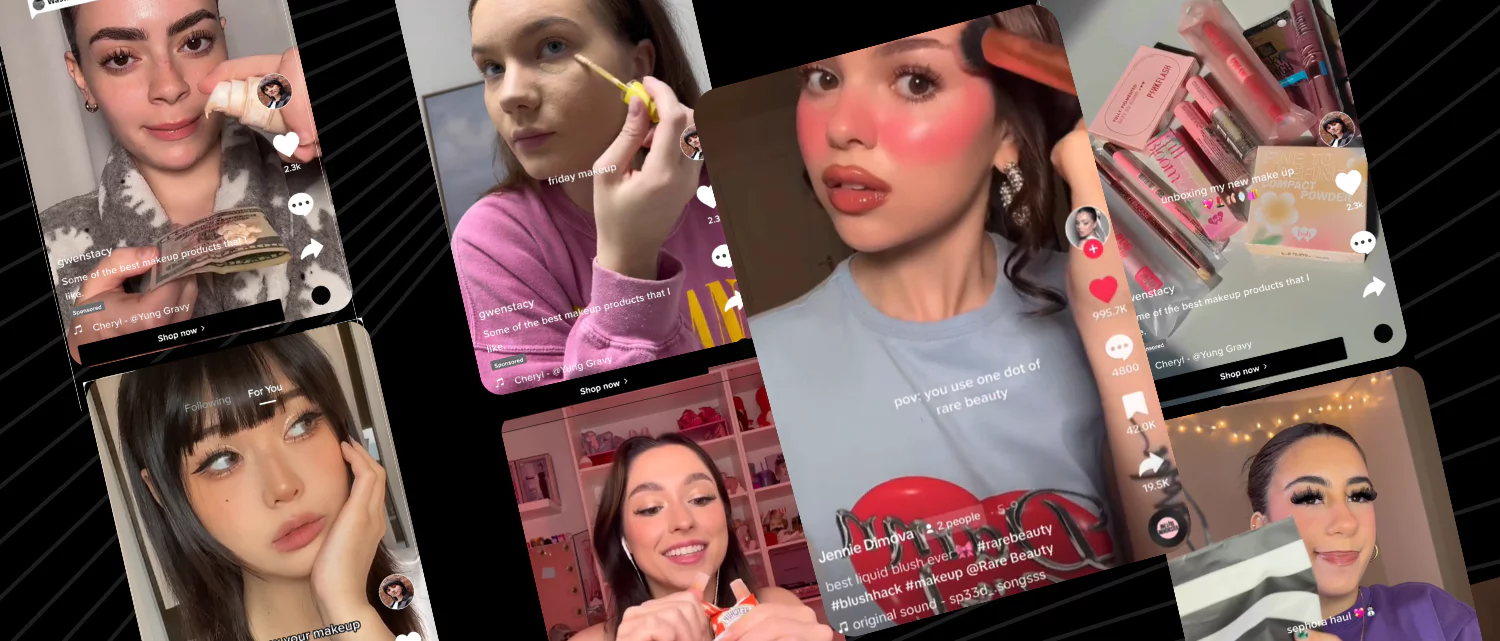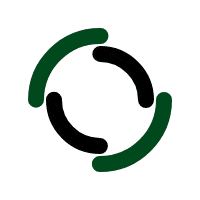In the latest episode of the Beyond Beauty Podcast, co-host Natasha sits down with Justyna Wilson, the founder of Fancy Salt, to discuss her extensive career in the beauty and wellness industry. Justyna specializes in fractional Chief Marketing Officer (CMO) services and strategic brand-centric user-generated content (UGC) creation. This episode is a treasure trove of insights for anyone looking to understand the intricacies of the beauty industry and the role of effective marketing in driving success.
Introduction to the Podcast
The Beyond Beauty Podcast, created by Dillie, a leading creative agency, serves as a platform to spotlight talent within the beauty industry. The podcast features interviews with influential figures from major beauty corporations, creative directors, influencers, founders, and daring entrepreneurs. The aim is to explore how these guests are reshaping the beauty landscape while innovating in e-commerce, branding, and digital marketing.
Justyna’s Career Journey
Justyna Wilson’s career spans over 15 years, with significant experience in the beauty and wellness industry. She initially worked with major retailers before transitioning to the beauty sector about six or seven years ago. Her pivotal moment came when she joined the startup Biossance as employee number five. This experience ignited her passion for beauty, allowing her to wear many hats and learn from various leaders in the field.
Her journey continued as she worked with several skincare and beauty brands, eventually deciding to operate in a fractional capacity. This shift allowed her to engage with multiple beauty brands, providing them with the strategic guidance they need to thrive in the digital landscape.
Lessons from Startup Experience
Reflecting on her time at Biossance, Justyna emphasizes the invaluable lessons learned from working in a startup. She highlights the importance of agility and flexibility, as startups often face a myriad of challenges and opportunities. This experience has equipped her with the skills to navigate the complexities of early-stage brands, helping them manage their growth pains and adapt to changing circumstances.
The Role of a Fractional CMO
As a fractional CMO, Justyna’s role is to fill the strategic gaps that many early-stage brands face. Often, these brands lack the budget to hire a full executive team, yet they require foundational strategies to succeed. Justyna’s work focuses on providing these brands with the strategic insights they need to build a solid foundation, which is crucial for their long-term success.
She finds great fulfillment in working with founders who are committed to doing things right from the start. This approach allows her to make a significant impact on the brands she collaborates with, setting the tone for their future growth.
Creative Edge and Diverse Experience
One of the unique aspects of Justyna’s work as a fractional CMO is her ability to bring a diverse range of experiences to each brand she works with. This exposure allows her to identify best practices and tailor strategies to meet the specific needs of each brand. She emphasizes that while strategies may differ, the insights gained from working with various brands can be invaluable in optimizing performance.
Current Trends in the Beauty and Wellness Space
The conversation shifts to current trends in the beauty and wellness industry. Justyna notes that brands must become “content machines,” continuously producing engaging content to connect with consumers. She observes that many brands struggle with content creation, often questioning how to generate enough quality content within their budget constraints.
Creating Authentic Connections
When discussing how brands can foster authentic connections, Justyna emphasizes the need for brands to find their unique voice and remain true to themselves. Authenticity is key, as consumers today are adept at recognizing when a brand is being disingenuous. By focusing on consumer-centric messaging rather than solely brand-centric narratives, brands can build trust and loyalty among their audience.
Identifying Gaps in Brand Strategies
As Justyna works with various brands, she identifies several common gaps in their strategies. While many brands have access to influencer marketing and content creation services, they often struggle to produce content that aligns with their brand voice and resonates with their audience. Additionally, the cost of influencer partnerships can be prohibitive for early-stage brands.
Justyna’s company, Fancy Salt, aims to bridge this gap by providing brands with high-quality, brand-centric content that can be utilized across multiple channels, including paid media. She believes that user-generated content (UGC) and video content perform significantly better in paid media campaigns, making it essential for brands to invest in these formats.
The Rise of UGC and Video Content
Justyna explains that UGC, particularly in video form, has become increasingly effective in engaging consumers. With the rise of platforms like TikTok and Instagram, video content has taken center stage in the marketing landscape. Consumers are more likely to engage with authentic, relatable video content than with static advertisements.
She notes that the shift in consumer behavior, driven by changes in social media algorithms and user preferences, has made it crucial for brands to adapt their content strategies accordingly. Brands that can create engaging video content that resonates with their audience will have a competitive edge.
The Future of E-Commerce and Social Media
As the conversation progresses, Justyna shares her thoughts on the future of e-commerce and social media. She highlights the emergence of interactive shopping experiences, such as TikTok Shop and live shopping events, which have gained popularity in other markets. However, she expresses skepticism about the immediate success of these trends in the U.S. market, particularly for smaller brands still working to establish their presence.
Justyna emphasizes the importance of experimentation and testing for brands. What works for one brand may not work for another, and the stage of the brand plays a significant role in determining the effectiveness of various strategies. Brands should remain true to their identity while exploring new avenues for engagement.
Navigating Challenges and Time Management
Justyna acknowledges the challenges of managing multiple brands simultaneously. While the work is rewarding, it requires careful time management and the ability to switch between different brand strategies quickly. She emphasizes the importance of maintaining a work-life balance, especially as a mother.
To manage her time effectively, Justyna focuses on taking on projects that align with her capacity. She has developed the skill to immerse herself in one brand’s mindset and then pivot to another seamlessly. This adaptability is crucial in her role as a fractional CMO.
Conclusion
In conclusion, Justyna Wilson’s journey in the beauty and wellness industry showcases the importance of strategic thinking, creativity, and authenticity in today’s rapidly evolving landscape. As the founder of Fancy Salt, she is dedicated to helping brands navigate the complexities of content creation and consumer engagement. By emphasizing the need for authentic connections and innovative strategies, Justyna is paving the way for brands to thrive in the digital age. The insights shared in this episode serve as a valuable resource for anyone looking to understand the intricacies of the beauty industry and the role of effective marketing in driving success.
Final Thoughts and Advice
As the episode draws to a close, Justyna shares her final thoughts, reiterating the importance of curiosity, fearlessness, and adaptability in both personal and professional life. She encourages listeners to embrace new experiences and to remain open to learning and growth.
Podcast Transcript
Speaker 1 00:00:01 Welcome to the Beyond Beauty podcast, a platform to highlight the beauties industry talent, deconstruct their learnings and spark ideas for your own business. The Beyond Beauty podcast is created by Dillie, the leading creative agency working with the fastest growing brands in the industry. Here, we’ll interview guests from major beauty corporations, creative directors, influencers and founders, and even risk taking entrepreneurs. Our guests are not only changing the traditional beauty landscape, they’re also innovating in e-commerce, branding, and digital marketing. Join us as they share valuable advice, how they launch their business, and most importantly, ignite thought provoking conversations across beauty, tech, and marketing.
Speaker 2 00:00:46 Hi everyone! Thank you for tuning in to today’s episode of Beyond Beauty. We’re super excited to have Justyna Wilson here with us today. Justyna is the founder of Fancy Salts. She specializes in fractional CMO services and strategic brand centric UGC content creation in the beauty and wellness space, helping brands scale and thrive in the digital landscape. Hey Justyna, thank you for joining us today.
Speaker 3 00:01:11 Hi, Natasha. Thank you so much. I appreciate the time and yeah, let’s get started.
Speaker 2 00:01:18 Yeah, so glad to have you here. So we’re going to cover a lot of really great topics in today’s episode. And just to get us started, let’s take a step back to where it all began. Can you tell us a little bit about how you got to where you are in your career today?
Speaker 3 00:01:33 Yeah, definitely. It’s been a journey. It’s been a few years. I started working at a few major retailers way back, probably 15, 16 years ago, and then I transitioned to working more in the beauty and wellness space, probably about 6 or 7 years ago when I was hired as an employee number five at a major brand right now, which was a startup back then, clean beauty leader Bioscience. And this is where I really got hooked on beauty, I should say, because it was such an amazing startup environment where you just wear many hats and learn from a lot of different leaders.
Speaker 3 00:02:14 I really got excited about the beauty and wellness space, which really led me to where I am right now, working at a couple other skincare beauty brands agencies, and then deciding to really work in a fractional capacity on my own last year and engaging with multiple beauty brands in the space.
Speaker 2 00:02:36 That’s incredible. Yeah, Bioscience is a fan favorite. I personally yeah, that’s fantastic that you came from there. And I am curious if we can dig into this former experience and how it got you where you are today. What sort of lessons did you take from that experience into the work that you’re doing today, both as a fractional CMO and founder of Fancy Salt.
Speaker 3 00:02:58 Yeah, no, that’s a great question. Thank you. I think the privilege of really working in a startup, an incubator stage for a brand, is that you really get to be emerged in all facets of the business. I think that was probably the most valuable thing that I’ve taken from the brand, but also just really watching it grow through, I would say ups and downs as well has been quite valuable and amazing.
Speaker 3 00:03:30 I think it really teaches you to be agile and flexible and just really learning how to navigate. I would say that the dynamic situation of what a startup brand can be, and because I consult with a lot of early stage or even pre-revenue brands now as a fractional CMO. It just really has helped me navigate the dynamic situation with brands and again, growing pains as well as different ups and downs. So it’s just really learning how to adapt. I would say even daily.
Speaker 2 00:04:10 Absolutely. Yeah. Coming from the startup world, myself and daily as an agency, we have that ecosystem as well. Absolutely. The word agility is like top of mind. And so I imagine that you are coming into your work with a wealth of knowledge that the brands that you’re working with are really able to benefit from. And I am curious, can you tell me more what it’s like to be a fractional CMO and maybe what’s your most exciting part of your days doing it?
Speaker 3 00:04:39 I think, why did I even decide to do this right is where I think I’m going to begin.
Speaker 3 00:04:44 I really saw a need, honestly, especially for early stage brands that don’t have a lot of budgets to hire executive teams to really work in the foundational strategy for the brand, but they really need it so much. They end working with a lot of Executional skill set, but often they miss that foundational strategy, and because of the smaller budgets, they really can benefit from fractional work and still get strategy that can really bring all the pieces together for the brand, especially at an early stage. So it’s been really amazing to be able to work with brands and founders that are really trying to do it right from the beginning, and that’s been amazing. And I would say the most rewarding as well, because it really sets the tone for what the brand could be, as opposed to working at brands that have that foundation already set up. And then the work becomes just more operational. So it’s great to be able to make an impact for the brands. And I do believe like it’s a it’s just a win situation for everyone.
Speaker 2 00:05:58 And I imagine having the diversity of experience of being able to work with multiple brands, like you’re able to come in and bring this sort of creative edge, right? That somebody who’s working in-house and just with one brand doesn’t get the opportunity to have. Right. And can you talk to us more about this creative edge and how you’re able to approach each branch, which I imagine they’re all quite different with your tried and true methods?
Speaker 3 00:06:25 Yes. What’s exciting about this type of work is that you do work with multiple different brands, so you can test and optimize and really get some valuable insights that other brands can really benefit from. Not to say that the strategies are the same. They’re not. They’re opposite. They’re targeted and highly personalized and unique to each brand. However, there are some best practices out there that once you work with a variety of brands, you can say, hey, I really, truly feel like this can work for you because it has worked for other brands and we can test in your environment.
Speaker 3 00:07:05 So that is also the benefit of working with a fractional CMO that has insights to what has worked or what has not worked for other brands, and really uniquely apply that to that individual brand.
Speaker 2 00:07:20 Yeah, no, that sounds exactly what I was imagining it to be, and it seems like such a unique position to be sitting in, right? Like you’re able to have this bird’s eye view of what’s trending in the industry, but also in the profession. And so that is a question that I have. What sort of trends are you seeing in the beauty and wellness space currently?
Speaker 3 00:07:41 Yeah, I feel like it all changes. Right. We all have to catch up with all the trends and we get bombarded with messages. But I do feel like and this is I wouldn’t say this is new, but I really do believe that brands need to become content machines, content powerhouses. And so every time I talk to brands, I say, hey, you just really have to become the media machine churning content. And it’s interesting because they might have a lot of different other content strategies in place, like influencer marketing, but often they still ask, how do I get content? And what’s interesting is that it’s never enough content, and you almost can just really get enough of it, and you can’t really ever catch up.
Speaker 3 00:08:29 And I feel like brands, really, especially smaller brands, struggle with that. How do I get it? How do I afford it? How do I allocate my budget to it? And how do I even attribute any sort of results to it? So there’s a lot of confusion and misconceptions, and I feel like the brands that are doing it right, they truly benefit from establishing authentic, true connections with the consumers that can relate to them. And this is really if any brand can do it right, it’s really what’s trending. To answer your question, and this is what really brands should follow and really figure out that perfect recipe of content, of true, meaningful connection with the audience that is right for their brand. And that’s what I try to help them with. And it’s not always easy, and it’s almost never ending.
Speaker 2 00:09:24 I have this that’s, first of all, this idea that brands need to become content machines is valuable, right? And I think it’s very true, especially in the day and age where e-commerce is moving into social media.
Speaker 2 00:09:36 Right. And you have so many eyes more than ever on these brands. Right? And you’re right. Meaningful, authentic connection with the audience is above all, most valuable. And so how do you advise brands to create that connection?
Speaker 3 00:09:52 Yeah, that’s $1 million question, right. But I do feel like the really key to success is just trying to find your unique voice and really be authentic and almost, I would say, raw and vulnerable in this space, as opposed to trying to pretend something that you’re not. And I feel audiences these days, they’re really pick up on authenticity, especially younger generations. If you’re really targeting, let’s say, Gen Zs, no one really wants to be sold to anymore. But they do want to create meaningful connections with the brands. So as much as you can just still just really stay true to who you are and be able to really get that across in a meaningful way, they will follow you. So it’s really not about the product that’s much not about you.
Speaker 3 00:10:50 It’s more consumer centric rather than brand centric.
Speaker 2 00:10:54 Yeah, absolutely. And I wonder in your work as a fractional CMO, what are the biggest gaps? Right. So we’re noting that some brands don’t have the bandwidth to crank out content. And right, there’s this element of storytelling that may be missing as well, but are there any other gaps or these are the primary ones that you’re looking at? And I asked this question knowing full well that you are the founder of Fancy Salt, which feels like a perfect segue to ask you, why did you launch Fancy Salt and what problems are you all solving?
Speaker 3 00:11:29 Yeah, it’s interesting because there’s a ton of influencer providers out there. There is a ton of AI content getting created these days as well, and it feels like brands still struggle with content, which is interesting because you could think there’s just so much out there. So many social media agencies churn, churning content, so many partnerships, brands create, and it almost feels like it’s still not enough. What I’ve noticed by working with brands is that what’s also happening is that the quality of the content is not always there, or it is not brand centric enough to be able to post on their feeds.
Speaker 3 00:12:20 Also with influencer strategies that can get quite expensive, which again early stage brands might not be able to afford. This influencer strategy has to be part of the ecosystem. Absolutely. But a lot of also the influencer content is created with the influencer brand in mind, often not as much with the brand voice and tone in mind. It’s perfect for creating brand awareness and it needs to be part of a bigger strategy. But again, is it something that I will actually post on my feed? Maybe sometimes not. Also, like I said, can get expensive and not always can be used for paid media channels for example, which again not possible for smaller brands. So I thought it was creating fancy salt and content creator service. I thought we could bridge the gap between the brand and creators, where brands can create content that’s really valuable for the feeds, but also they can use it across all multiple channels, including paid media, which paid media as a whole. Other topic by UGC and video content performs much better in paid media and often.
Speaker 3 00:13:36 Again, it’s expensive to buy influencer paid media content with paid rides where they can actually create their own UGC content and use it across channels more effectively.
Speaker 2 00:13:48 Why do you think that? Why do you think? If I may just interrupt real quick, why do you think that UGC content does better than paid media right now?
Speaker 3 00:13:55 Well, I think paid media has been underperforming in the past few years. We all know what the iOS changes and tracking issues, so it’s really hard to attribute true kind of return on investment with paid media and static content is just not what I’m seeing, at least across brands. And I’m not a paid media expert, but know enough to say that static content is not as effective. However, video content and especially authentic again, authentic, relatable content in a video form seems to be performing better. We’re in. In the scrolling age of watching videos, not a lot of people read anymore. Again, anything that’s super scripted and creatively designed might not come across as something that’s very consumer centric, but again, brand centric, which is why I feel like video again, video is just what people watch.
Speaker 3 00:14:53 This is what we’re all hooked on all day long. Done in the right way can really perform better. Better than static content, especially in video.
Speaker 2 00:15:02 Absolutely, absolutely. Yeah. No, it makes absolute sense. We have Instagram, we have TikTok, we have all these different sites where we’re just exactly like you said. We’re in the scrolling economy we’re looking through, and things catch our eyes though the ones that do or the videos. Right. And so I’m curious if you’ve yet thought about e-commerce, moving to social media, becoming UGC centric, brand centric, do you see any future evolutions happening to what is currently present as well. Do you see it evolving beyond a video of an influencer showing a bunch of products? Like where are we going to go from here? I guess is the ultimate question.
Speaker 3 00:15:42 Yeah, and with the rise of a TikTok shop, other forms of interactive media have been introduced live shopping, affiliate marketing with influencers. from my experience actually overseeing a tick tock shop for one of the brands that I’ve been working with, I actually we have not success.
Speaker 3 00:16:04 So much success with live shopping, which I know is quite popular in China, where actually consumers shop and interact with brands in a little bit of a different way. Now, will that come around here in the US? I’m not sure. We’ll see. It’s worth testing, maybe for bigger brands with bigger awareness where people are really tuned in. But I don’t see that really succeeding with smaller brands that are still trying to gain awareness. Where is this all going? I’m not sure it continues to change. And other forms of, again, interactivity or getting introduced. I think what’s important for brands is to try things and test and see what works for them and what might work for one brand might not work for another, and it also depends on the stage of the brand. Like I said, someone brands that again is trying just to raise awareness, might be using different interactive methods of communication than a brand that’s already large and has that huge following. We just should really continue with what’s true to the brand and just really spreading that authentic voice, and then how it’s just a matter of testing and optimizing.
Speaker 2 00:17:25 And I have a question about your process. Right. We come back to this idea of agility because you’re right, things are changing so much. TikTok shop is very new to the US, as you said has seen great success in the China economy. But it’s brand new to the US and I think we’re all trying to figure it out. And you mentioned it’s just a matter of doing and it’s about a matter of trying new things. And I have a couple questions about your process actually. How long do you test a process and when do you know. Yeah, this isn’t working out. Like how quickly are you able to pivot in your own work?
Speaker 3 00:17:59 Yeah, I think it depends on the channel and what we’re testing. So I just want to make sure that once I do often audits on brands, and I just really look at the whole entire channel marketing mix and their whole 360 marketing ecosystem, what I try to find is gaps and opportunities and low hanging fruit to see what we can attack first with a low impact and hopefully with low effort to high impact.
Speaker 3 00:18:31 Now, when I decide to test something, it really depends on how can we get a proper, I would say, statistical relevance, right. And a pool of audience that can validate the hypothesis. But also it depends on other things like budgets. Right. So sometimes we might have to pivot much faster if the budget doesn’t allow for longer testing, or we can allow for longer testing and see if we can take more calculated risks. So it’s just really depends. I would say with experience sometimes also your gut feeling is telling you what’s going to work and what’s not going to work and where to pivot. And I think this is how I approach things as well. It’s just sometimes I just have a gut feeling that this is just not a proper channel or not a proper initiative for a particular brand, and we just quickly need to get creative again.
Speaker 2 00:19:31 Totally. This is where the relationship between data, but also your wealth of experience comes into play, which is why I imagine this is an exciting thing for you to try, right? Taking all this past experience, infusing it into what you’re doing right now in this very new thing.
Speaker 2 00:19:47 And my question for you is, what’s been one of the most challenging things that you’ve come across in your work? Founding Fancy Salt right.
Speaker 3 00:19:54 Now in my fractional work, what can be sometimes challenging is and amazing at the same time is working with multiple brands, right? So imagine having three jobs for example. So it can be really rewarding and amazing. But it also can be sometimes challenging because you’re constantly juggling with my creator service with fancy salt, I would say I don’t know if there’s any challenges Just accept that really getting brands to understand truly how they want to position themselves, to be able to create the right content for them to really cater to their unique needs. I wouldn’t say this is a channel that challenge. I think this is just a way of trying to figure it out with brands and creators, and the more detailed you get and the the more niche and unique and customized you get, I think the better results brands will have. Brands can find themselves having a hard time navigating all these options, and it’s just really trying to get them focused on what will actually work for them.
Speaker 2 00:21:03 How are you able to assuage any sort of anxieties or stress that some of these brands have with taking risk? Because I know a lot of it is taking risks. And so how can you be this mature voice and say, I know this is scary, but we gotta try it.
Speaker 3 00:21:20 Yeah, again, it’s just a matter of looking holistically at what they’re doing and just really taking a bet. I would say at some point to say, hey, let’s just hold hands and try this. I think in my strategy in general, when I look at things, I say, hey, this is proven, this is tested, this. I have a pretty good feeling that it’s just going to work. Okay. This is your foundation. This is we need to get this right. And this is going to run behind the scenes for you. Right. And then here’s a few things that I think you have an opportunity to test. Now let’s see how it goes. And then let’s just again hold hands and agree that if it doesn’t work, we’ll just pivot immediately to something different.
Speaker 3 00:22:11 As long as you’re reasonable and say, this is the plan, This is the approach. Nothing set in stone. We can always again stay pretty agile to your point of staying flexible and just change. And then as long as a brand is agreeing to that, then we can just launch it.
Speaker 2 00:22:32 Absolutely, absolutely. It’s a lot of incredible work that you’re doing. And like you said, it’s like having three plus jobs. And I’m curious, how are you able to manage your time and find this work life balance if you feel like you even have one?
Speaker 3 00:22:47 Yeah, no. For sure. Again, I try to take on what I can handle. So that is really the key. And but I would say that I’ve developed the skill set. I think that I can quickly put my mindset into one brand and then quickly reset and put my mindset into another brand. And I think the more you do that kind of work. It just comes naturally and it’s quite organic at this point. Work life balance is important to me.
Speaker 3 00:23:22 And I have a family. I have a daughter, and I like I said, that is the most important part in my life. And again, I take on what I can to be able to maintain that.
Speaker 2 00:23:34 Absolutely. Oh, I love to hear it. I always love bringing the human into the fold. Right. Like you are such a powerhouse, right? Professionally, but also personally. And as you do this incredible work, I think it’s really important to remember the human behind all of it and acknowledge, right, like, how are you able to do this great work while still managing your life? And so my question for you is, what advice do you have for somebody who wants to follow in your footsteps?
Speaker 3 00:24:02 Wow, that’s thank you. First of all, I think sometimes these things, these things look easy, but they never are. And I hope to bring to the table the human touch. Actually, that’s really, truly important to me. So if I was going to advise someone, I think there’s a few things.
Speaker 3 00:24:21 Just stay curious. I would say stay fearless. Don’t be afraid to fail. I feel like I have failed in my life so many times, and the one thing about me is that I just pick myself up and I just keep going. And so I would say, hey, never feel like this is the end of it if something doesn’t work out, because at the end of the tunnel, there’s probably something better waiting for you that you just have no idea about right now. And it might feel horrible, but it’s just always a redirection to something better. So I would just say resilience, not giving up and just pushing through. And honestly, this is what I try to teach my daughter as well. It’s just really not about the ups and downs. It’s just really about the journey and how you can navigate it.
Speaker 2 00:25:10 Oh. That’s beautiful. I think we can all take that lesson every single day, write it on a post-it note and read it because we all face it, especially in the world where things are changing.
Speaker 2 00:25:19 And when you work, when things don’t work out and you’re talking about being able to quickly pivot and try new things, it’s a that on its own is a holistic approach to life, right? That can trickle into professions. So I appreciate that. Thank you for sharing that. Yeah. And on the top thank you. And on the topic of things changing so much and right, we’ve been talking a lot about agility, change, transformation. AI is on everyone’s minds. Right. And how have you noticed AI playing a hand in the industries and the work that you’re doing right now?
Speaker 3 00:25:54 Yes, I know everyone’s talking about it. And if you’re not talking about it, you’re not relevant anymore. So let’s talk about it. I would say that in my my day to day, honestly, I’ve been using AI just to help me stay efficient. It’s like my brainstorming buddy, and it’s amazing because working for actually can get a little lonely sometimes when you don’t have a team to brainstorm with. So I use it as a very effective tool to get me going.
Speaker 3 00:26:24 As it relates to the beauty industry, I feel like a lot of larger brands especially, are already embracing, I would say, trend forecasting and just really embracing personalization as it relates to targeting the consumers. So that could be skin diagnostic analysis for skincare brands. Again, trying to connect in a personal way with the consumer and deliver to them what is really targeted to their needs. Different virtual trials, which are not the old virtual trials that were gimmicky and I would say didn’t perform as well. Now with the power of AI, they can get quite personalized and customized to the consumer needs. So I know the larger brands are testing that. Where is it going in content creation as well? I just hope the content creation is as good as it can be and again, doesn’t come across gimmicky but is authentic as long as we can get with AI. To that point, I think there’s a huge efficiency reward for the brands to use it, so we’ll see where it all takes us. I do believe that there are amazing tools for all of us to leverage, to stay more efficient and to cater better to consumers.
Speaker 2 00:27:48 What are some of your favorite tools that you’re using right now?
Speaker 3 00:27:51 Honestly, ChatGPT is my friend. I don’t know, is it?
Speaker 2 00:27:55 Oh yeah, that’s very helpful. It’s so funny because I feel like so many of us may be had a resistance to it at the beginning, but I just think much TikTok and all these social media platforms. It’s something that you can’t resist at this point. It’s coming, so you better get ahead of it and chat to you.
Speaker 3 00:28:12 Recently, I and it’s been only probably a year and a half since it really, truly got started to get adopted. And I just said to my friend the other day, I said, I don’t know how I worked without it, and that was just a year and a half ago that it launched. So it’s quite amazing how fast you adapt and you start using it, right? It’s just it’s funny how we said that about cell phones, whatever, ten, 20 years ago. And now it’s I know this just launched and I can’t live without it already globally.
Speaker 2 00:28:43 So it’s very fascinating for us to I think each of us daily are figuring out how do I integrate this to your point, make my work more efficient, right? How can I leverage this to help me? And also with brands, I’m sure that you may be implementing them so they can right crank out the content, whatever it may be. I agree with you. There’s still a lot of work that can be done and requires the human touch to get content to a certain level. But yeah, it’s very interesting. I don’t want to pass on the opportunity to ask if you are understanding young consumer behaviors through maybe the actions of your daughter on the internet and like, how is that?
Speaker 3 00:29:28 Yeah, she’s still too young, I think, although she’s only seven. However, there’s a lot of talk about Generation Alpha, right? I don’t know. I think that’s a little older still. Maybe 7 to 11, 7 to 12. Oh my gosh, I don’t. Personally, as a mom, I feel like this is too early for beauty and skincare for my daughter.
Speaker 3 00:29:51 However, you do see that already on TikTok and that Sephora came out with that article about Gen Alpha shopping with their moms Already premium brands. Prestige brands? I don’t know, it’s something to watch personally. Again, as a mom, I think it’s too early to introduce my daughter, even though she is already asking questions about makeup and she’s putting makeup on the weekends. Sometimes her her fun kid makeup, not Sephora makeup, but she is exploring it. And it’s true that it just starts so much earlier. I just hope that beauty brands embrace it in a way that’s age appropriate. And we don’t buy retinol for 11 year olds, which their skin does not need that, and it actually could just damage them. I don’t know, it’s interesting. It’s interesting. I have not worked with a brand that has embraced that generation yet. I mostly have worked with brands actually, that do embrace Gen Z generation, which is, we know a little older, but we’ll see. Maybe there’s that’s an opportunity for someone to come up, come up with a brand that’s targeting Jennifer.
Speaker 2 00:31:03 Maybe this is an opportunity to make this road map of how you can make that like ethical content, right? That panders to all the audiences that are currently on it on the internet, much like I it’s we can’t avoid it at this point. They have their devices in their hands. So yeah, if you were to be working with a brand that wanted to, what advice would you give them in order to make sure that content is relevant, ethical and effective?
Speaker 3 00:31:27 Yeah. And I think the number one question would be who are you actually targeting? Right. Are you targeting parents with the spending power? or are you targeting 11 year olds? It’s probably somewhere in between. But a parent is still at this age is an influence, is influencing kids, and they’re the ones paying for the product. It’s almost like, how do you actually target the parent That you know and create that trust that a brand is appropriate for their child. So that is something I would say to think about how do you capture my attention? So I feel comfortable with your products to give it to my child who really can’t make that decision yet.
Speaker 3 00:32:13 Right?
Speaker 2 00:32:14 You bring up an amazing point, testament to your experience and your wealth of knowledge, that your audience is key. Knowing your audience is key. And so how do you help brands understand their audiences better? Is there a method, or is that another kind of this intuitive knowing?
Speaker 3 00:32:35 Yeah, I think it’s a combo of a couple things. One is just truly doing insights, analysis. So just really doing whether that’s surveys or maybe a brand has a proper marketing budget to actually do focus groups and get some insights on the actual target audience. They can also talk directly to their consumers, to their audience, and ask them questions. That is also a really great way to learn more about them, which I actually think a lot of brands should embrace more. And then yes, there is some gut feeling and trend analysis as well, and then just try things and see what resonates. And if it doesn’t perform, do what? Do more of what performs and really resonates with the audience.
Speaker 2 00:33:23 Absolutely.
Speaker 2 00:33:24 Has there been a consumer trend that surprised you?
Speaker 3 00:33:30 Oh gosh, that’s a good question. That’s hard to answer that one, I’m not sure. But I do get surprised daily on TikTok what actually takes off when what goes viral and what doesn’t. In general, I think it performs because it is often so unexpected and interesting. Actually. speaking of content, what works, what doesn’t work? It’s almost what’s also unexpected can really do very well for brands, because it can come across as so out of touch. So anything that you’re some sort of risk taking can really benefit you as well. And I think I get surprised often by the trends that brands do that are quite unexpected. Actually, Elf cosmetics is a good example of that. I think they do a lot of unexpected partnerships, and they’re probably they’re really leading the way with trends that can be quite out there, let’s put it that way. Not something that you would expect from the brand, which is why I think it’s helping their success.
Speaker 2 00:34:43 Oh, I think that’s a fantastic point.
Speaker 2 00:34:45 Yeah, that sometimes the more outlandish stuff, especially with Gen Z. Right. Like things can feel so one know on the internet right now, but when they’re out there, I think people just want more of it. And that’s something that’s also surprised me. Right. It’s okay. So the more ridiculous sometimes the better. And so I do agree, I do think there’s space for a lot of brands to lean into it. And again we go back to you may sometimes face resistance on that, but it’s a matter of hold my hand. Trust me, we can take this risk together. Right?
Speaker 3 00:35:16 Exactly. Yes.
Speaker 4 00:35:18 Yeah.
Speaker 2 00:35:19 So you seem to have such an amazing pulse on what’s happening in the industry. What does your day to day look like? When are you able to make time to study what’s happening?
Speaker 3 00:35:31 Yeah, it’s just really watching. Right? I’m quite structured. I have my time for my brands. I have my time for my creator service. but also I subscribe to a ton of industry newsletters.
Speaker 3 00:35:46 I do try to put an hour or two on my calendar just to tune in to that. And it’s just I put myself in the consumer shoes as well. So as I’m scrolling, as I’m watching, I’m watching with a consumer perspective, but also with my marketing perspective. And I just take a note, of what’s happening out there, what’s amazing about working with so many brands and now also working with creators that work for me at Fancy Salt, is just learning from them as well and their experiences. I don’t have a magic wand and none of us do actually, and it’s just really a matter of learning from each other and coming up with with an idea that works for everyone. So I work, I learn from everyone. I learn from scrolling every day, from reading, from my brands, from the founders, from my creators. And I think that’s just, just that’s just the way to do it.
Speaker 2 00:36:48 Absolutely. Just like being immersed in all of it. Yeah, I agree with you.
Speaker 2 00:36:53 Who do you tell us? Who do you work with, fancy? Who can work with you and work and folks find you?
Speaker 3 00:37:00 Yeah, yeah. This is a service that just launched two weeks ago, so it’s quite new and exciting. Find us on Fancy Salt Creators on on Instagram. That’s the handle. There’s some examples of content that we’ve created for a few beauty and wellness brands that I really love and follow. yeah. And then just check us out. I would love to have a meeting and see what are the benefits of working with more of a high touch content creator boutique agency that’s that can actually create unique content for you with me overseeing it. and just adding my just general marketing experience to it, I think that would be great.
Speaker 2 00:37:45 Absolutely. Those agencies would be lucky to work with you.
Speaker 3 00:37:49 Thank you. You’re so nice.
Speaker 2 00:37:51 Of course, of course. So we’re coming to a close, but I want to give you the floor to share any other bits of advice or ideas that you may have for our listeners today?
Speaker 3 00:38:02 I don’t know.
Speaker 3 00:38:03 Again, I would say stay curious. Get out there, learn as much as you can, stay fearless and just go with the flow and try new things.
Speaker 2 00:38:13 Awesome. That’s great advice. Justyna. Thank you.
Speaker 3 00:38:17 Thank you so much.
Speaker 2 00:38:18 Of course, it was such a pleasure to have you again. You can find Josina on socials. Don’t forget to follow and like her new pages. It’s a brand new agency so definitely go and check her out. Thank you again for your time.
